Browse
By Subject: Peace and Conflict Studies
View: By Date | Alphabetical | eBooks | Paperbacks
-
 Forthcoming August 2024
Forthcoming August 2024 The New Australian Military Sociology
Antipodean perspectives
West, B. & Carter, C. (eds)
In exploring the insights that the Australian case has for theorising civil-military relations, the book serves as a model for other country case studies. This antipodean contribution to the field includes analysis of the changing demographics, new domestic and international responsibilities, Industry-Defence cooperation, women in the armed forces and contemporary veteran wellbeing.
Subjects: Sociology Peace and Conflict Studies Political and Economic Anthropology
-
eBook available
 Published July 2023
Published July 2023 Military Politics
New Perspectives
Crosbie, T. (ed)
Bringing together new research by leading scholars, this volume rethinks the role played by militaries in politics. The volume introduces new theories of military politics, arguing against the inherited theories and practices of civil-military relations, and presents rich new data on senior officership and on the intersection of military politics and military operations.
Subjects: Sociology Peace and Conflict Studies Political and Economic Anthropology
Hb -
 Published February 2023
Published February 2023 Terrorism and the Pandemic
Weaponizing of COVID-19
Gunaratna, R. & Pethö-Kiss, K.
The global pandemic has offered extraordinary opportunities for extremists and terrorists to mobilize themselves and revive as more powerful actors in the security landscape. But could these threat groups actually capitalize on the coronavirus crisis and advance their malevolent agendas? This book provides, for the first time, a true picture of novel trends since the pandemic outbreak.
Subjects: Political and Economic Anthropology Peace and Conflict Studies Anthropology of Religion
Paperback available -
eBook available
 Published September 2022
Published September 2022 Morality, Crisis and Capitalism
Anthropology for Troubled Times
Baldacchino, J.-P. & Mitchell, J. P. (eds)
With the growing numbers of displaced populations and the rise in the politics of fear and hate, we are facing challenges to our very ‘species-being’. Papers in the volume include ethnographic studies on the ‘refugee crisis’, the ‘financial crisis’ and the ‘rule of law’ crisis in the Mediterranean as well as the crisis of violence and hunger in South America.
Subjects: Political and Economic Anthropology Peace and Conflict Studies
Hb -
eBook available
 Published August 2022
Published August 2022 200 Years of Peace
New Perspectives on Modern Swedish Foreign Policy
Biltekin, N., Müller, L., & Petersson, M. (eds)
In the wake of Sweden’s anniversary of 200 years of peace in 2014, this volume brings for the first time a targeted approach to the concept of claimed Swedish exceptionality. Taking on the nation’s policies of neutrality, 200 Years of Peace centers discussion around what it means for a nation to endure a uniquely long period of time without any pronounced conflict.
Subjects: History: 20th Century to Present Peace and Conflict Studies
Hb -
eBook available
 Published February 2022
Published February 2022 Durable Solutions
Challenges with Implementing Global Norms for Internally Displaced Persons in Georgia
Funke, C.
Focusing on Georgia, this book presents a theoretical and empirical study on the implementation of durable solutions for internally displaced persons (IDPs). Building on extensive field research, it describes and explains the considerable problems which Georgia faces in establishing global norms, as well as the ongoing hardship that IDPs experience.
Subjects: Refugee and Migration Studies Anthropology (General) Peace and Conflict Studies
Hb -
eBook available
 Published January 2022
Published January 2022 Entrepreneurs of Identity
The Islamic State’s Symbolic Repertoire
Günther, C.
Understanding the Islamic State’s ideologues as ‘entrepreneurs of identity’, this book explores how the group defined categories of social identity and used these categories as tools of communicative and cognitive structuring.
Subjects: Anthropology of Religion Political and Economic Anthropology Peace and Conflict Studies
Hb -
eBook available
 Published November 2021
Published November 2021 Rethinking Internal Displacement
Geo-political Games, Fragile States and the Relief Industry
Laker, F.
To tackle the vast numbers of internally displaced people, a UN regime has emerged that seeks to replicate the long-established regime of refugee protection by applying international law and humanitarian assistance to citizens within their own borders. This book looks at the origins, structure and impact of this new UN regime and whether it is fit for purpose.
Subjects: Refugee and Migration Studies Political and Economic Anthropology Peace and Conflict Studies
Hb -
eBook available
 Published October 2021
Published October 2021 Guido Goldman
Transatlantic Bridge Builder
Klingst, M.
Guido Goldman was one of the most distinguished protagonists of the reintegration of Germany into the international community after the defeat of Nazism in 1945. This biography looks at his remarkable life from his establishment of the German Marshall Fund to establishing the Center for European Studies at Harvard University.
Subjects: History: 20th Century to Present Peace and Conflict Studies
Hb
Paperback available -
eBook available
 Published September 2021
Published September 2021 Israel-Palestine
Lands and Peoples
Bartov, O. (ed)
The conflict between Israel and Palestine has raised a plethora of unanswered questions, generated seemingly unreconcilable narratives, and profoundly transformed the land’s physical and political geography. This volume seeks to provide a deeper understanding of the links between the region that is now known as Israel and Palestine and its peoples—both those that live there as well as those who relate to it as a mental, mythical, or religious landscape.
Subjects: Peace and Conflict Studies History: 18th/19th Century History: 20th Century to Present
Hb
Paperback available -
eBook available
 Published June 2021
Published June 2021 Sovereign Forces
Everyday Challenges to Environmental Governance in Latin America
McNeish, J.-A.
Sovereignty is a significant force regarding the ownership, use, protection and management of natural resources. By placing an emphasis on the complex intertwined relationship between natural resources and diverse claims to resource sovereignty, this book reveals the backstory of contemporary resource contestations in Latin America and their positioning within a more extensive history of extraction in the region.
Subjects: Environmental Studies (General) Political and Economic Anthropology Peace and Conflict Studies
Hb
Paperback available -
eBook available
 Published April 2021
Published April 2021 In-Betweenness in Greater Khartoum
Spaces, Temporalities, and Identities from Separation to Revolution
Franck, A., Casciarri, B., & Salim El-Hassan, I. (eds)
Drawing from original fieldwork in Khartoum and empirical data, In-Betweenness in Greater Khartoum uses in-between spaces as a lens to analyze how political events, in particular the 2011 independence of South Sudan, works along with other processes such as globalization and eco-nomic neo-liberalization to impact communities across the region.
Subjects: Urban Studies Peace and Conflict Studies
Hb -
eBook available
 Published March 2021
Published March 2021 The Struggle for the Past
How We Construct Social Memories
Jelin, E.
Organized around Argentine “memory wars” since the 1970s, The Struggle for the Past undertakes an innovative exploration of memory’s dynamic social character. In addition to its analysis of how human rights movements have inflected public memory and democratization in Argentina, it also gives an illuminating account of the emergence and development of Memory Studies as a field.
Subjects: Memory Studies Peace and Conflict Studies
Hb -
eBook available
 Published February 2021
Published February 2021 South Africa's Dreams
Ethnologists and Apartheid in Namibia
Gordon, R. J.
In the early sixties, many South African anthropologists supported ‘Grand Apartheid’ in Namibia. South Africa’s colonial policies in the country served as a testing ground for many key features of its repressive infrastructure, and strategies for countering anti-apartheid resistance. The book also analyses how the knowledge used to justify and implement apartheid was created.
Subjects: Anthropology (General) Colonial History Peace and Conflict Studies
Hb
Paperback available -
eBook available
 Published January 2021
Published January 2021 In the Shadow of the Great War
Physical Violence in East-Central Europe, 1917–1923
Böhler, J., Konrád, O., Kučera, R. (eds)
Whether victorious or not, Central European states faced fundamental challenges after the First World War as they struggled to contain ongoing violence and forge peaceful societies. This collection explores the various forms of violence these nations confronted during this period, which effectively transformed the region into a laboratory for state-building.
Subjects: History: World War I History: 20th Century to Present Peace and Conflict Studies
Hb
Paperback available -
eBook available
 Published November 2020
Published November 2020 Collective and State Violence in Turkey
The Construction of a National Identity from Empire to Nation-State
Astourian, S. & Kévorkian, R. (eds)
Collective and State Violence in Turkey provides a wide range of case studies and historiographical reflections on the alarming recurrence of violence in Turkish history, as atrocities against varied ethnic-religious groups from the nineteenth century to today have propelled the nation’s very sense of itself.
Subjects: History (General) Genocide History Peace and Conflict Studies
Hb -
eBook available
 Published September 2020
Published September 2020 Reconciliation Road
Willy Brandt, Ostpolitik and the Quest for European Peace
Schoenborn, B.
Based on extensive research in Brandt’s personal archives, additional studies in international archives, and interviews with contemporary witnesses, this book traces Brandt’s nearly lifelong efforts towards the full reintegration of a united Germany into the community of European countries.
Subjects: History (General) History: 20th Century to Present Peace and Conflict Studies
Hb -
eBook available
 Published September 2020
Published September 2020 On Mediation
Historical, Legal, Anthropological and International Perspectives
Härter, K., Hillemanns, C. & Schlee, G. (eds)
Exploring mediation and related practices of conflict regulation, this book takes an interdisciplinary approach that includes historical, legal, anthropological and international perspectives. The book observes historical and current relations between mediation and the criminal justice system and provides anthropological perspectives and case studies to explore mediation and arbitration in international arenas.
Subjects: Peace and Conflict Studies Applied Anthropology
Hb -
eBook available
 Published March 2020
Published March 2020 Not Even Past
How the United States Ends Wars
Fitzgerald, D., Ryan, D., & Thompson, J. M. (eds)
This volume brings together international experts on American history and foreign affairs to assess the cumulative impact of the United States’ efforts to end wars. It offers essential perspectives on both the Cold War and post-9/11 eras and demonstrates just how high the stakes are as the US confronts the possibility of war without end.
Subjects: Peace and Conflict Studies History: 20th Century to Present History (General)
Hb
Paperback available -
eBook available
 Published March 2020
Published March 2020 Space, Place and Identity
Wodaabe of Niger in the 21st Century
Köhler, F.
Known as highly mobile cattle nomads, the Wodaabe in Niger are today increasingly engaged in a transformation process towards a more diversified livelihood based primarily on agro-pastoralism and urban work migration. This book examines recent transformations in spatial patterns, notably in the context of urban migration and in processes of sedentarization in rural proto-villages.
Subjects: Mobility Studies Urban Studies Anthropology (General) Peace and Conflict Studies
Hb -
eBook available
 Published September 2019
Published September 2019 Shakespeare and the Ethics of War
Gray, P. (ed)
How does Shakespeare represent war? This volume reviews scholarship to date on the question and introduces new perspectives, looking at contemporary conflict through the lens of the past.
Subjects: Literary Studies Cultural Studies (General) Peace and Conflict Studies Media Studies
Hb
Paperback available -
eBook available
 Published July 2019
Published July 2019 Civil–Military Entanglements
Anthropological Perspectives
Sørensen, B. R. & Ben-Ari, E. (eds)
Military-civilian encounters are multiple and diverse in our times. This volume traces out the ripples, reverberations and resonations of civil-military entanglements which allow for an understanding of the roles war, violence and the military play in shaping contemporary societies and the everyday life of its citizens.
Subjects: Peace and Conflict Studies Applied Anthropology
Hb -
eBook available
 Published July 2019
Published July 2019 From Bullies to Officers and Gentlemen
How Notions of Professionalism and Civility Transformed the Ghana Armed Forces
Agyekum, H. A.
Based on unprecedented access to the Ghanaian military barracks and inspired by the recent resurgence of coups in West Africa, the book assesses why and how the Ghana Armed Forces were transformed from an organisation that actively orchestrated coups into an institution that accepts the authority of the democratically elected civilian government.
Subjects: Peace and Conflict Studies Applied Anthropology
Hb -
eBook available
 Published July 2019
Published July 2019 Peace at All Costs
Catholic Intellectuals, Journalists, and Media in Postwar Polish–German Reconciliation
Frieberg, A. E.
Peace at All Costs reconsiders postwar Polish-German relations as an interdisciplinary case study of reconciliation and follows an influential network of non-state peace activists, major players in print and audiovisual media, as they attempted to establish dialogue in the 1950s and 1960s.
Subjects: History: 20th Century to Present Peace and Conflict Studies Media Studies
Hb
Paperback available -
eBook available
 Published May 2019
Published May 2019 The Brazilian Truth Commission
Local, National and Global Perspectives
Schneider, N. (ed)
Bringing together leading scholars, practitioners, and human rights activists, this groundbreaking volume provides the first systematic analysis of the 2012–2014 Brazilian National Truth Commission. It explores the emergence, functioning, and outcome of the Commission, and offers a more general and critical reassessment of truth commissions from a variety of perspectives.
Subject: Peace and Conflict Studies
Hb -
eBook available
 Published April 2019
Published April 2019 The Engaged Historian
Perspectives on the Intersections of Politics, Activism and the Historical Profession
Berger, S. (ed)
Political action and historical research have been deeply intertwined for nearly as long as the historical profession has existed. In this insightful collection, practicing historians analyze, reflect on, and share their experiences of this complex relationship.
Subjects: History (General) Peace and Conflict Studies Sociology
Hb
Paperback available -
eBook available
 Published March 2019
Published March 2019 Party Responses to Social Movements
Challenges and Opportunities
Piccio, D. R.
Focusing on Italy and the Netherlands since the 1970s, Party Responses to Social Movements demonstrates how political parties have incorporated the demands of social movements to a surprising extent, even as both have grappled with fundamental and inevitable tension between their respective roles and aims.
Subjects: Sociology Peace and Conflict Studies Political and Economic Anthropology
Hb -
eBook available
 Published December 2018
Published December 2018 Law, History, and Justice
Debating German State Crimes in the Long Twentieth Century
Weinke, A.
Law, History, and Justice investigates the changing nature of international humanitarian law and explores the entanglements between historical experience, historiography, and law and (moral) politics by focusing on the effects of international law violations during the First World War, the National Socialist mass crimes, the Holocaust, as well as the systematic wrongdoings of the GDR.
Subjects: Peace and Conflict Studies History: 20th Century to Present
Hb
Paperback available -
eBook available
 Published November 2018
Published November 2018 The CSCE and the End of the Cold War
Diplomacy, Societies and Human Rights, 1972-1990
Badalassi, N. & Snyder, S. B. (eds)
Since its inception over forty years ago, the Conference on Security and Cooperation in Europe has been met with political and historical controversies. While it’s known today as a significant contributor to the end of the Cold War, The CSCE and the End of the Cold War revisits some of the most fascinating questions in Cold War historiography.
Subjects: History: 20th Century to Present Peace and Conflict Studies
Hb
Paperback available -
eBook available
 Published January 2018
Published January 2018 The Partial Revolution
Labour, Social Movements and the Invisible Hand of Mao in Western Nepal
Hoffmann, M.
Located in the far-western Tarai region of Nepal, Kailali has been the site of dynamic social and political change in recent history. The Partial Revolution examines Kailali in the aftermath of Nepal’s Maoist insurgency, focusing primarily on the end of Kailali’s feudal system of bonded labor.
Subjects: Political and Economic Anthropology Development Studies Peace and Conflict Studies
Hb -
eBook available
 Published November 2017
Published November 2017 Cyprus and its Conflicts
Representations, Materialities, and Cultures
Doudaki, V. & Carpentier, N. (eds)
Cyprus is an island of enduring political, military and, more recently, economic conflict. In this edited volume, Cyprus serves as a geographical, cultural and political point of reference to study how conflict is mediated, represented, reconstructed, experienced, and transformed, offering broader insight into the ways in which the culture of conflict impacts identity.
Subjects: Media Studies Peace and Conflict Studies
Hb -
eBook available
 Published November 2017
Published November 2017 Peaceful Selves
Personhood, Nationhood, and the Post-Conflict Moment in Rwanda
Eramian, L.
Twenty years after the 1994 genocide, Rwandans are still troubled by what made the violence possible and how they can know it will not recur. This study uncovers how Rwandan visions of peace and modern nationhood concern not only political reform or economic development, but also transformations in the self.
Subjects: Anthropology (General) Peace and Conflict Studies
Hb
Paperback available -
eBook available
 Published November 2017
Published November 2017 Difference and Sameness as Modes of Integration
Anthropological Perspectives on Ethnicity and Religion
Schlee, G. & Horstmann, A. (eds)
What does it mean to “fit in?” This volume of essays demystifies the discourse on identity, challenging common assumptions about role of similarity in inclusion and exclusion. Armed with intimate knowledge of local social structures, these essays tease out the ways in which ethnicity, religion and nationalism are used for social integration.
Subjects: Anthropology (General) Anthropology of Religion Peace and Conflict Studies
Hb
Paperback available -
eBook available
 Published October 2017
Published October 2017 Children of the Camp
The Lives of Somali Youth Raised in Kakuma Refugee Camp, Kenya
Grayson, C.-L.
This original study carefully considers how young people perceive their living environment and how growing up in exile structures their view of the past and their country of origin, and the future and its possibilities.
Subjects: Refugee and Migration Studies Anthropology (General) Peace and Conflict Studies Sociology
Hb
Paperback available -
eBook available
 Published October 2017
Published October 2017 Silenced Communities
Legacies of Militarization and Militarism in a Rural Guatemalan Town
Esparza, M.
Silenced Communities offers an ethnographic account of the failed demilitarization of the rural militia in the town of Santo Tomás Chichicastenango following the Guatemalan Civil War. Author Marcia Esparza explores how legacies of grassroots militarization affect indigenous communities exploited by the internal colonialism prevalent in Latin American societies.
Subjects: Peace and Conflict Studies History: 20th Century to Present
Hb -
eBook available
 Published August 2017
Published August 2017 Gender, Violence, Refugees
Buckley-Zistel, S. & Krause, U. (eds)
Providing nuanced accounts of how the social identities of men and women, the context of displacement and the experience or manifestation of violence interact, this collection offers conceptual analyses and in-depth case studies to illustrate how gender relations are affected by displacement, encampment and return.
Subjects: Refugee and Migration Studies Peace and Conflict Studies Gender Studies and Sexuality
Hb
Paperback available -
eBook available
 Published July 2017
Published July 2017 Managing Ambiguity
How Clientelism, Citizenship, and Power Shape Personhood in Bosnia and Herzegovina
Brković, Č.
Why do people turn to personal connections to get things done? Challenging widespread views of favors as means of survival in transitioning contexts, this volume demonstrates that these contemporary globalized forms of flexible governance are not contradictory to one another, but often mutually constitutive.
Subjects: Anthropology (General) Peace and Conflict Studies History: 20th Century to Present
Hb
Paperback available -
eBook available
 Published May 2017
Published May 2017 Conflict, Domination, and Violence
Episodes in Mexican Social History
Illades, C.
This wide-ranging, briskly narrated volume from acclaimed Mexican historian Carlos Illades guides the reader through key episodes in Mexican social history, from rebellions under Porfirio Díaz to the recent emergence of neo-anarchist movements. Taken together, they comprise a mosaic history of power and resistance, with ordinary people confronting the forces of domination and transforming Mexican society.
Subjects: History: 18th/19th Century Peace and Conflict Studies
Hb
Paperback available -
eBook available
 Published April 2017
Published April 2017 On Retaliation
Towards an Interdisciplinary Understanding of a Basic Human Condition
Turner, B. & Schlee, G. (eds)
Retaliatory logics are associated with all types of social and political organization. Deriving a concept of retaliation from the overall notion of reciprocity, contributors to this volume touch upon the interaction between retaliation and violence, the state’s monopoly on legitimate punishment, socio-political frameworks, religious interpretations, and economic processes.
Subjects: Anthropology (General) Peace and Conflict Studies
Hb
Paperback available -
 Published August 2016
Published August 2016 Deadly Contradictions
The New American Empire and Global Warring
Reyna, S. P.
As US imperialism continues to dictate foreign policy, Deadly Contradictions is a compelling account of the American empire. Stephen P. Reyna argues that contemporary forms of violence exercised by American elites in the colonies, client state, and regions of interest have deferred imperial problems, but not without raising their own set of deadly contradictions.
Subjects: Peace and Conflict Studies Anthropology (General)
Paperback available -
 Published August 2016
Published August 2016 Violent Becomings
State Formation, Sociality, and Power in Mozambique
Bertelsen, B. E.
Violent Becomings sheds light on violence in the periods of colonial and postcolonial state formation by conceptualizing the state not as the bureaucratically ordered polity of the nation-state, but as a continuously evolving and violently challenged mode of social ordering.
Subjects: Anthropology (General) Peace and Conflict Studies Colonial History
Paperback available -
 Published March 2016
Published March 2016 Post-Ottoman Coexistence
Sharing Space in the Shadow of Conflict
Bryant, R. (ed)
Scholars often refer to the “peaceful coexistence” of various religious and ethnic groups under the Ottoman Empire before ethnonationalist conflicts dissolved that shared space and created legacies of division. Post-Ottoman Coexistence interrogates this “coexistence” and asks what practices enabled centuries of cooperation and sharing, as well as how and when such sharing was disrupted
Subjects: Peace and Conflict Studies Sociology
Paperback available -
eBook available
 Published January 2016
Published January 2016 Engaging with Strangers
Love and Violence in the Rural Solomon Islands
McDougall, D.
Writing of Ranongga Island, the author tracks engagements with foreigners across many realms of life, describing startling reversals in which strangers become attached to local places, even as kinspeople are estranged. Against stereotypes of rural insularity, she argues that a distinctive cosmopolitan openness to others is evident in the rural Solomons in times of war and peace.
Subjects: Anthropology (General) Peace and Conflict Studies
Hb
Paperback available -
eBook available
 Published September 2014
Published September 2014 Food in Zones of Conflict
Cross-Disciplinary Perspectives
Collinson, P. and Macbeth, H. (eds)
Controlling food and access to food can be used as a weapon. This is an especially significant issue in zones of conflict, because conflict impinges on the production and the distribution of food causing increased competition for food, land and resources. These themes unite the chapters of Food in Zones of Conflict, but since the topic is multidisciplinary, this volume appeals specialists in any field.
Subjects: Peace and Conflict Studies Food & Nutrition Anthropology (General)
Hb
Paperback available -
 Published June 2014
Published June 2014 Weary Warriors
Power, Knowledge, and the Invisible Wounds of Soldiers
Moss, P. & Prince, M. J.
“…offers a sustained and persuasive analysis of the institutional dynamics and individual actions by which various forms of warrelated neuroses are recognised, treated, negotiated, claimed and reproduced…The rich and impressive array of sources – military and medical texts, biographies and autobiographies, popular novels and films and journalistic accounts – on which the analysis is based makes the volume all the more persuasive.” · Social Anthropology
“This is a solid piece of scholarship. The authors successfully apply key concepts from Foucault, along with those of his feminist critics, to the analysis of soldiers returning from war. In so doing, they deepen our understanding of how weary warriors are constructed through time and space, and what his/her diagnosis, treatment, and release says about wider relations of power in, between, and across the state, the military, psychiatry, and the body itself.” · Carolyn Gallaher, American University
Subjects: Sociology History (General) Peace and Conflict Studies
Paperback available -
eBook available
 Published July 2013
Published July 2013 Soldiering Under Occupation
Processes of Numbing among Israeli Soldiers in the Al-Aqsa Intifada
Grassiani, E.
Subjects: Peace and Conflict Studies Anthropology (General)
Hb
Paperback available -
eBook available
 Published April 2013
Published April 2013 Irish/ness Is All Around Us
Language Revivalism and the Culture of Ethnic Identity in Northern Ireland
Zenker, O.
Subjects: Anthropology (General) Peace and Conflict Studies Cultural Studies (General)
Hb
Paperback available -
 Published March 2013
Published March 2013 Cyberidentities At War
The Moluccan Conflict on the Internet
Bräuchler, B.
Subjects: Media Studies Anthropology (General) Peace and Conflict Studies
Hb -
eBook available
 Published February 2013
Published February 2013 Places of Pain
Forced Displacement, Popular Memory and Trans-local Identities in Bosnian War-torn Communities
Halilovich, H.
This compelling and intimate description of places of pain and (be)longing that were lost during the 1992–95 war in Bosnia and Herzegovina, as well as of survivors’ places of resettlement in Australia, Europe and North America, serves as a powerful illustration of the complex interplay between place, memory and identity.
Subjects: Refugee and Migration Studies Anthropology (General) Peace and Conflict Studies Memory Studies
Hb
Paperback available -
eBook available
 Published June 2012
Published June 2012 Dark Trophies
Hunting and the Enemy Body in Modern War
Harrison, S.
Subjects: Peace and Conflict Studies Anthropology (General) History (General)
Hb
Paperback available -
eBook available
 Published December 2011
Published December 2011 War, Technology, Anthropology
Stroeken, K. (ed)
Subjects: Peace and Conflict Studies Theory and Methodology
Pb -
eBook available
 Published December 2011
Published December 2011 Legends of People, Myths of State
Violence, Intolerance, and Political Culture in Sri Lanka and Australia
Kapferer, B.
Subjects: Anthropology (General) Peace and Conflict Studies Political and Economic Anthropology
Pb -
eBook available
 Published October 2011
Published October 2011 Crude Domination
An Anthropology of Oil
Behrends, A., Reyna, S. P. & Schlee, G. (eds)
Subjects: Peace and Conflict Studies Anthropology (General)
Hb
Paperback available -
 Published August 2011
Published August 2011 Grassroots Memorials
The Politics of Memorializing Traumatic Death
Margry, P. J. & Sánchez-Carretero, C. (eds)
Subjects: Heritage Studies Peace and Conflict Studies Urban Studies Memory Studies
Hb -
eBook available
 Published July 2011
Published July 2011 The Annoying Difference
The Emergence of Danish Neonationalism, Neoracism, and Populism in the Post-1989 World
Hervik, P.
Subjects: Anthropology (General) Refugee and Migration Studies Peace and Conflict Studies
Hb -
 Published July 2011
Published July 2011 Playing Different Games
The Paradox of Anywaa and Nuer Identification Strategies in the Gambella Region, Ethiopia
Feyissa, D.
Subjects: Peace and Conflict Studies Anthropology (General)
Hb -
 Published April 2011
Published April 2011 After the Event
The Transmission of Grievous Loss in Germany, China and Taiwan
Feuchtwang, S.
Subjects: Peace and Conflict Studies Anthropology (General) History (General)
Hb -
 Published December 2010
Published December 2010 Displacement Beyond Conflict
Challenges for the 21st Century
McDowell, C. & Morrell, G.
Subjects: Peace and Conflict Studies Refugee and Migration Studies Development Studies
Hb -
 Published November 2010
Published November 2010 Security and Development
McNeish, J.-A. & Sande Lie, J. H. (eds)
Subjects: Peace and Conflict Studies Theory and Methodology
Pb -
eBook available
 Published August 2010
Published August 2010 The Early Morning Phonecall
Somali Refugees' Remittances
Lindley, A.
As migration from poverty-stricken and conflict-affected countries continues to hit the headlines, this book focuses on an important counter-flow: the money that people send home. This book explores the dynamics, infrastructure, and far-reaching effects of remittances from the perspectives of people in the Somali regions and the diaspora. By ‘following the money’ the author opens a window on the everyday lives of people caught up in processes of conflict, migration, and development. The book demonstrates how, in the interstices of state disruption and globalisation, and in the shadow of violence and political uncertainty, life in the Somali regions goes on, subject to complex transnational forms of social, economic, and political innovation and change.
Subjects: Refugee and Migration Studies Peace and Conflict Studies
Hb -
eBook available
 Published July 2010
Published July 2010 Politics of Innocence
Hutu Identity, Conflict and Camp Life
Turner, S.
Subjects: Refugee and Migration Studies Peace and Conflict Studies Development Studies
Hb
Paperback available -
eBook available
 Published April 2010
Published April 2010 Deterritorialized Youth
Sahrawi and Afghan Refugees at the Margins of the Middle East
Chatty, D. (ed)
Subjects: Refugee and Migration Studies Peace and Conflict Studies
Hb
Paperback available -
 Published January 2010
Published January 2010 Contested Nationalism
Serb Elite Rivalry in Croatia and Bosnia in the 1990s
Caspersen, N.
Subjects: Peace and Conflict Studies Anthropology (General)
Hb -
eBook available
 Published December 2009
Published December 2009 Remembering Violence
Anthropological Perspectives on Intergenerational Transmission
Argenti, N. & Schramm, K. (Eds.)
Subjects: Peace and Conflict Studies Anthropology (General) History (General)
Hb
Paperback available -
eBook available
 Published November 2009
Published November 2009 Changing Identifications and Alliances in North-east Africa
Volume II: Sudan, Uganda, and the Ethiopia-Sudan Borderlands
Schlee, G. & Watson, E. E. (eds)
Drawing on the expertise of anthropologists, historians and geographers, these volumes provide a significant account of a society profoundly shaped by identity politics and contribute to a better understanding of the nature of conflict and war, and forms of alliance and peacemaking, thus providing a comprehensive portrait of this troubled region.
Subjects: Peace and Conflict Studies Anthropology (General)
Hb
Paperback available -
eBook available
 Published October 2009
Published October 2009 Changing Identifications and Alliances in North-east Africa
Volume I: Ethiopia and Kenya
Schlee, G. & Watson, E. E. (eds)
Forms of group identity play a prominent role in everyday lives and politics in northeast Africa. Case studies from Sudan, Ethiopia, Uganda, and Kenya illustrate the way that identities are formed and change over time, and how local, national, and international politics are interwoven. Specific attention is paid to the impact of modern weaponry, new technologies, religious conversion, food and land shortages, international borders, civil war, and displacement on group identities.
Subjects: Peace and Conflict Studies Anthropology (General)
Hb
Paperback available -
eBook available
 Published May 2009
Published May 2009 Alarming Reports
Communicating Conflict in the Daily News
Arno, A.
Subjects: Media Studies Peace and Conflict Studies Anthropology (General)
Hb
Paperback available -
eBook available
 Published March 2009
Published March 2009 Biopolitics, Militarism, and Development
Eritrea in the Twenty-First Century
O'Kane, D. & Hepner, T. R. (eds)
Subjects: Peace and Conflict Studies Development Studies Anthropology (General)
Hb
Paperback available -
 Published December 2008
Published December 2008 Impotent Warriors
Perspectives on Gulf War Syndrome, Vulnerability and Masculinity
Kilshaw, S.
Subjects: Medical Anthropology Peace and Conflict Studies Gender Studies and Sexuality
Paperback available -
eBook available
 Published October 2008
Published October 2008 An Anthropology of War
Views from the Frontline
Waterston, A. (ed)
Subjects: Peace and Conflict Studies Theory and Methodology
Pb -
eBook available
 Published September 2008
Published September 2008 How Enemies Are Made
Towards a Theory of Ethnic and Religious Conflict
Schlee, G.
Subjects: Peace and Conflict Studies Theory and Methodology
Hb
Paperback available -
eBook available
 Published March 2008
Published March 2008 The Practice of War
Production, Reproduction and Communication of Armed Violence
Rao, A., Bollig, M. & Böck, M. (eds)
Subjects: Peace and Conflict Studies Theory and Methodology
hb -
eBook available
 Published February 2008
Published February 2008 Order and Disorder
Anthropological Perspectives
Benda-Beckmann, K. von & Pirie, F. (eds)
Subjects: Anthropology (General) Anthropology of Religion Peace and Conflict Studies
Hb
Paperback available -
 Published October 2007
Published October 2007 On Perpetual Peace
A Timely Assessment
Senghaas, D.
Subjects: Peace and Conflict Studies Development Studies
Hb
Paperback available -
eBook available
 Published May 2007
Published May 2007 Identity Matters
Ethnic and Sectarian Conflict
Peacock, J. M., Thornton, P. M., and Inman, P. B. (eds)
Subjects: Theory and Methodology Peace and Conflict Studies
Hb
Paperback available -
 Published November 2006
Published November 2006 The Men We Loved
Male Friendship and Nationalism in Israeli Culture
Kaplan, D.
Subjects: Gender Studies and Sexuality Peace and Conflict Studies Anthropology (General)
Hb
Paperback available -
 Published October 2006
Published October 2006 A Different Kind of War
The UN Sanctions Regime in Iraq
Sponeck, H.C. von
Subject: Peace and Conflict Studies
Hb -
 Published August 2006
Published August 2006 Neo-nationalism in Europe and Beyond
Perspectives from Social Anthropology
Gingrich, A. & Banks, M. (eds)
Subjects: Peace and Conflict Studies Theory and Methodology
Hb
Paperback available -
 Published August 2006
Published August 2006 Modernity and Secession
The Social Sciences and the Political Discourse of the lega nord in Italy
Huysseune, M.
Subjects: Political and Economic Anthropology Sociology Peace and Conflict Studies
Hb -
 Published May 2006
Published May 2006 Between Bombs and Good Intentions
The International Committee of the Red Cross (ICRC) and the Italo-Ethiopian war, 1935-1936
Baudendistel, R.
Subjects: History: 20th Century to Present Peace and Conflict Studies
Hb -
 Published May 2006
Published May 2006 Nationalism's Bloody Terrain
Racism, Class Inequality, and the Politics of Recognition
Baca, G.
Subjects: Peace and Conflict Studies Theory and Methodology Sociology
Pb -
 Published May 2005
Published May 2005 Bodies of Evidence
Burial, Memory and the Recovery of Missing Persons in Cyprus
Sant Cassia, P.
Subjects: Anthropology (General) Peace and Conflict Studies
Hb
Paperback available -
 Published March 2005
Published March 2005 Children of Palestine
Experiencing Forced Migration in the Middle East
Chatty, D. & Hundt, G. (eds)
Subjects: Refugee and Migration Studies Peace and Conflict Studies
Hb
Paperback available -
 Published February 2005
Published February 2005 Unsilencing the Past
Track-Two Diplomacy and Turkish-Armenian Reconciliation
Phillips, D.L.
Subject: Peace and Conflict Studies
Hb -
 Published October 2004
Published October 2004 State, Sovereignty, War
Civil Violence in Emerging Global Realities
Kapferer, B. (ed)
Subjects: Peace and Conflict Studies Theory and Methodology
Pb -
eBook available
 Published June 2004
Published June 2004 Refugees and the Transformation of Societies
Agency, Policies, Ethics and Politics
Essed, P., Frerks, G. & Schrijvers, J. (eds)
Subjects: Refugee and Migration Studies Development Studies Peace and Conflict Studies
Hb
Paperback available -
eBook available
 Published June 2004
Published June 2004 Children and Youth on the Front Line
Ethnography, Armed Conflict and Displacement
Boyden, J. & Berry, J. de (eds)
Subjects: Refugee and Migration Studies Peace and Conflict Studies
Hb
Paperback available -
 Published March 2004
Published March 2004 German Security Policy in the 21st Century
Problems, Partners and Perspectives
Mey, H.
Subject: Peace and Conflict Studies
Hb -
 Published December 2003
Published December 2003 The Populist Challenge
Political Protest and Ethno-Nationalist Mobilization in France
Rydgren, J.
Subject: Peace and Conflict Studies
Hb
Paperback available -
eBook available
 Published January 2003
Published January 2003 Disputed Territories
The Transnational Dynamics of Ethnic Conflict Settlement
Wolff, S.
Subjects: Peace and Conflict Studies Sociology
Hb
Paperback available -
eBook available
 Published June 2002
Published June 2002 Women and the Politics of Military Confrontation
Palestinian and Israeli Gendered Narratives of Dislocation
Abdo, N. & Lentin, R. (eds)
Subjects: Peace and Conflict Studies Gender Studies and Sexuality Anthropology (General)
Hb
Paperback available -
 Published June 2002
Published June 2002 Europe's New Racism
Causes, Manifestations, and Solutions
Evens Foundation
Subjects: Peace and Conflict Studies Sociology Urban Studies
Hb
Paperback available -
eBook available
 Published October 2001
Published October 2001 Fear in Bongoland
Burundi Refugees in Urban Tanzania
Sommers, M.
Subjects: Refugee and Migration Studies Peace and Conflict Studies Development Studies
Hb
Paperback available -
 Published August 2001
Published August 2001 Demography and National Security
Weiner, M. & Stanton Russell, S. (eds)
Subjects: Refugee and Migration Studies Peace and Conflict Studies
Hb
Paperback available -
 Published April 2000
Published April 2000 Hunters and Gatherers in the Modern World
Conflict, Resistance, and Self-Determination
Biesele, M., Hitchcock, R. & Schweitzer, P. (eds)
Subjects: Development Studies Environmental Studies (General) Peace and Conflict Studies
Hb
Paperback available -
 Published April 2000
Published April 2000 The Psychosocial Wellness of Refugees
Issues in Qualitative and Quantitative Research
Ahearn, F. (ed)
Subjects: Refugee and Migration Studies Peace and Conflict Studies Sociology
Hb
Paperback available -
 Published September 1998
Published September 1998 Mastering Soldiers
Conflict, Emotions, and the Enemy in an Israeli Army Unit
Ben-Ari, E.
Subjects: Peace and Conflict Studies Anthropology (General) Gender Studies and Sexuality
Hb
Paperback available -
 Published August 1996
Published August 1996 A Tamil Asylum Diaspora
Sri Lankan Migration, Settlement and Politics in Switzerland
McDowell, C.
Subjects: Refugee and Migration Studies Peace and Conflict Studies Anthropology (General)
Hb -
 Published April 1996
Published April 1996 Tolerance Between Intolerance and the Intolerable
Ricoeur, P. (ed)
Subjects: Peace and Conflict Studies Cultural Studies (General)
Pb

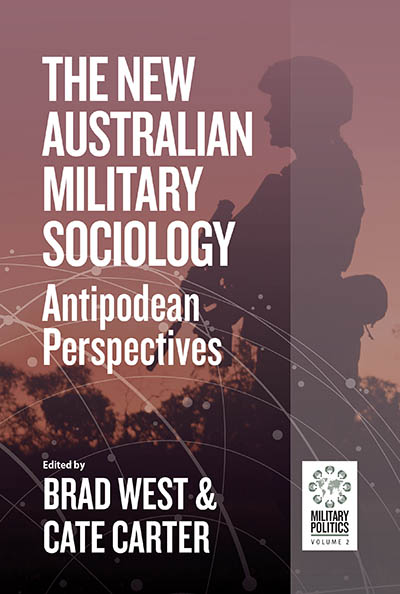 Forthcoming August 2024
Forthcoming August 2024 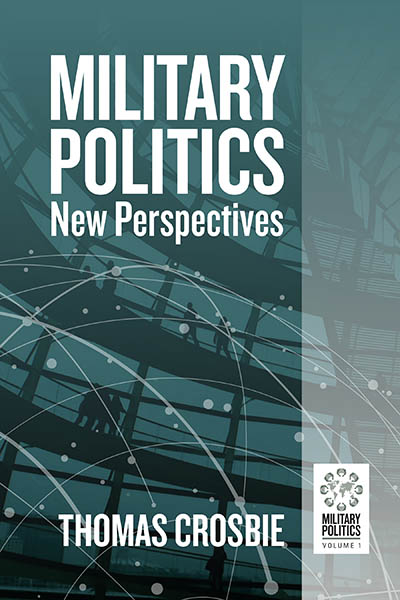 Published July 2023
Published July 2023 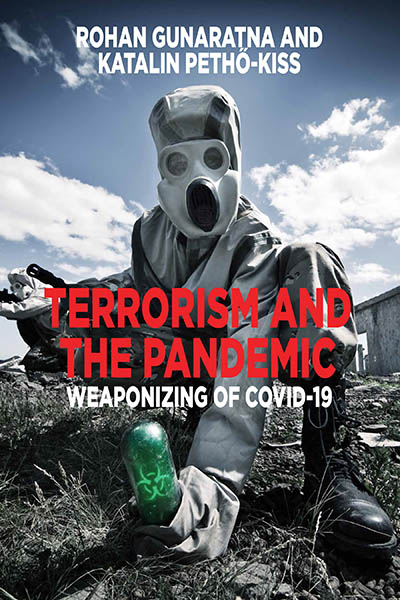 Published February 2023
Published February 2023 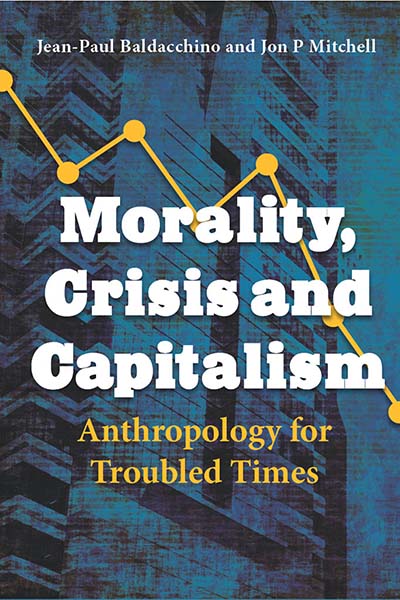 Published September 2022
Published September 2022 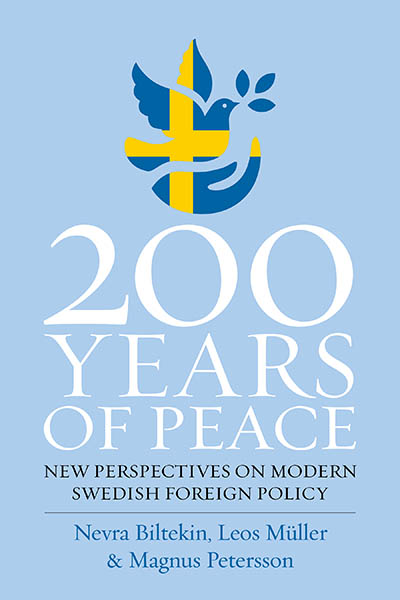 Published August 2022
Published August 2022 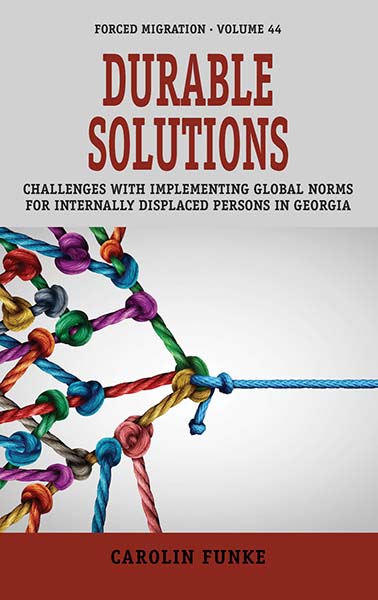 Published February 2022
Published February 2022 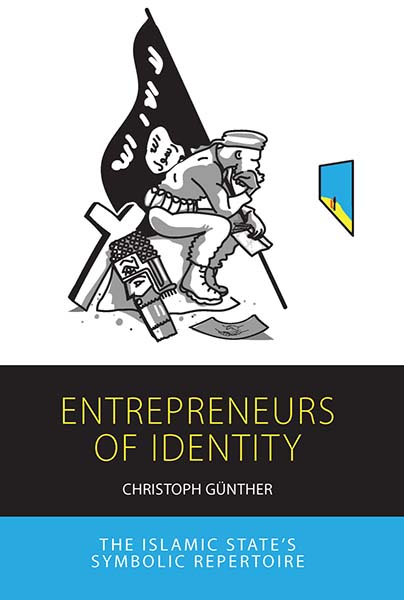 Published January 2022
Published January 2022 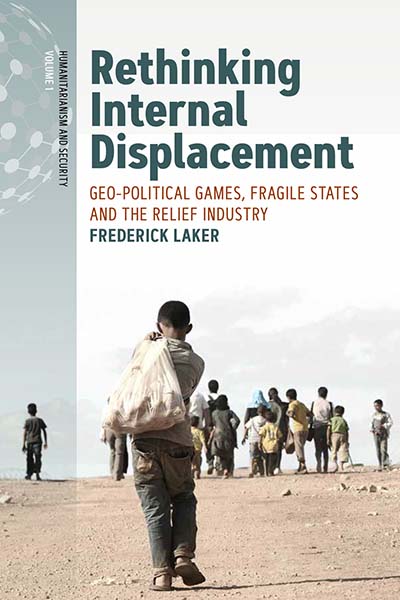 Published November 2021
Published November 2021 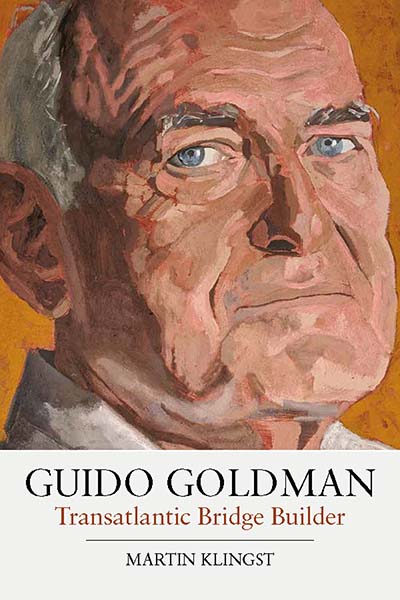 Published October 2021
Published October 2021 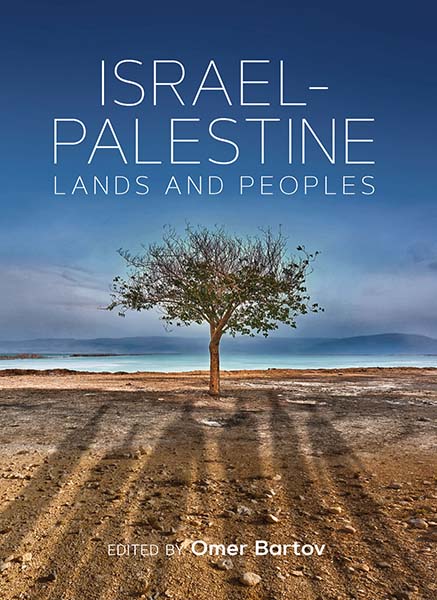 Published September 2021
Published September 2021 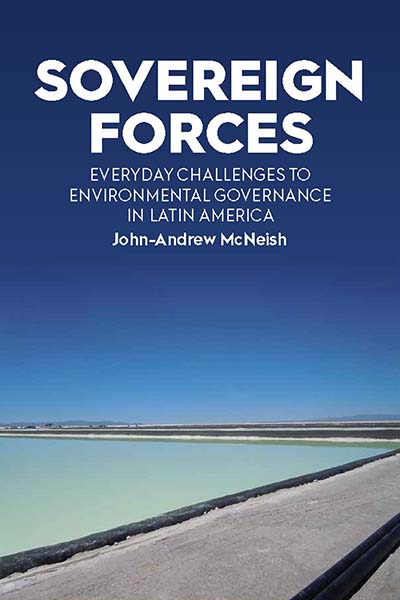 Published June 2021
Published June 2021 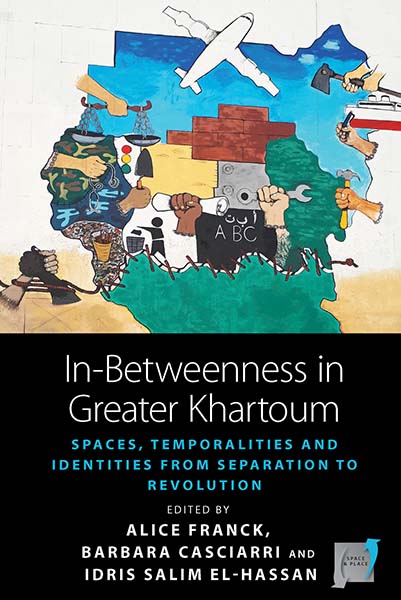 Published April 2021
Published April 2021 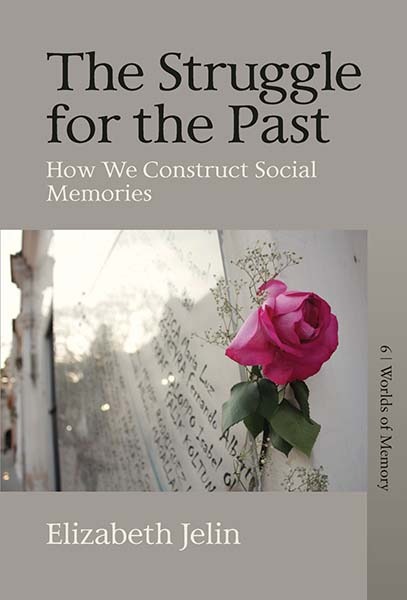 Published March 2021
Published March 2021 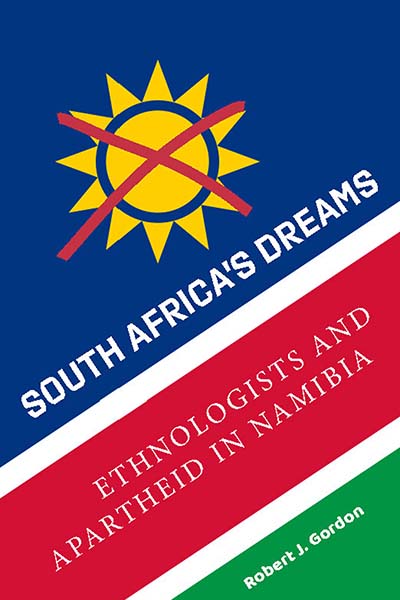 Published February 2021
Published February 2021 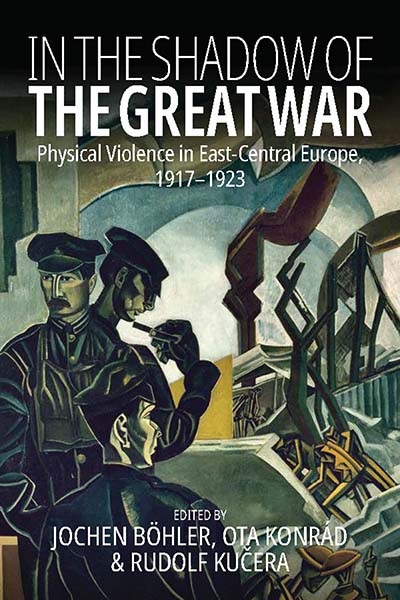 Published January 2021
Published January 2021 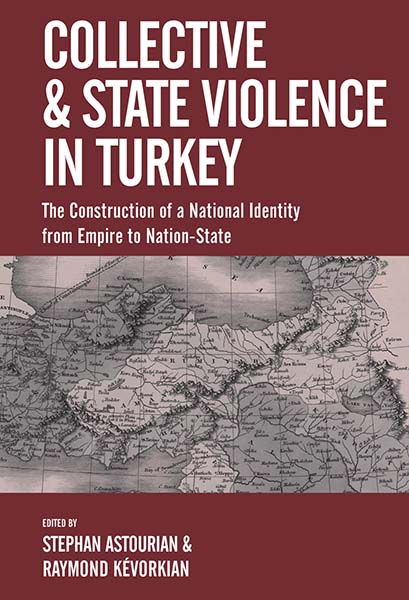 Published November 2020
Published November 2020 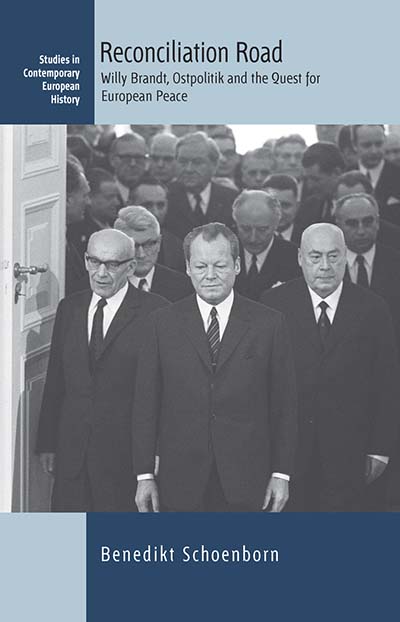 Published September 2020
Published September 2020 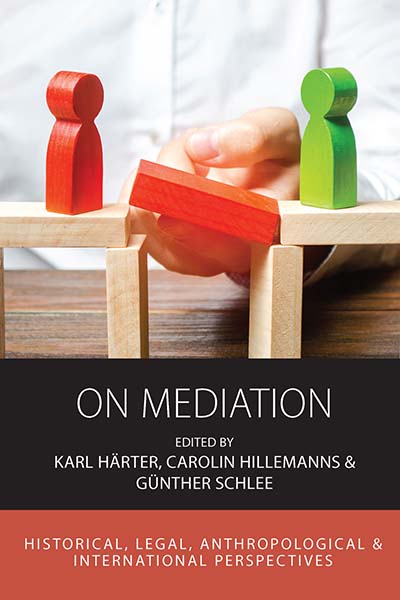 Published September 2020
Published September 2020 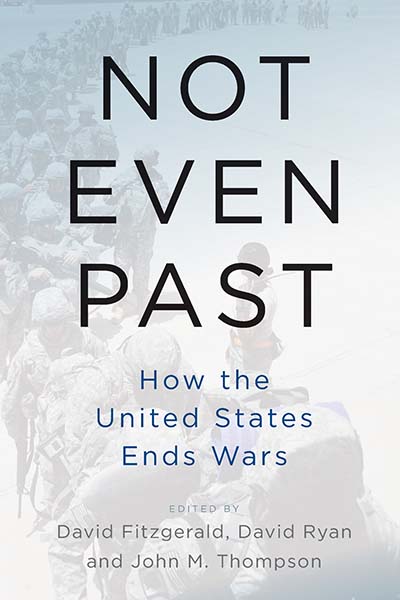 Published March 2020
Published March 2020 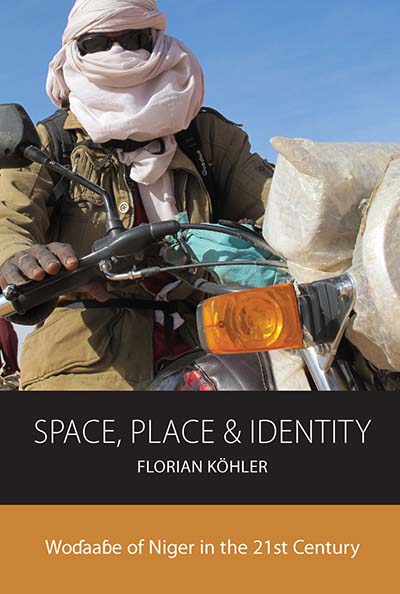 Published March 2020
Published March 2020 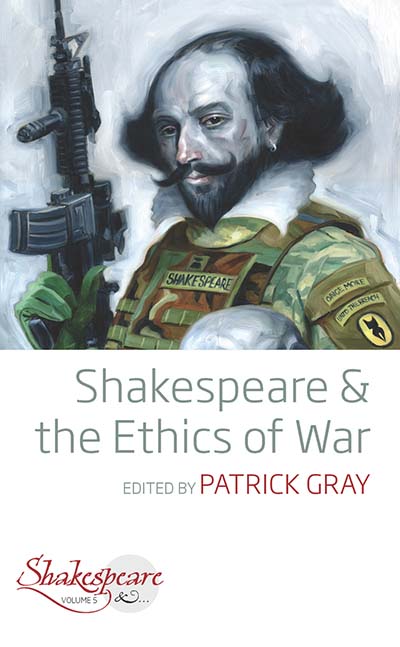 Published September 2019
Published September 2019 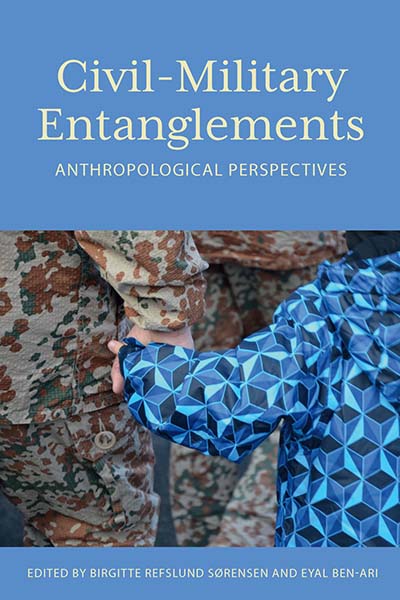 Published July 2019
Published July 2019 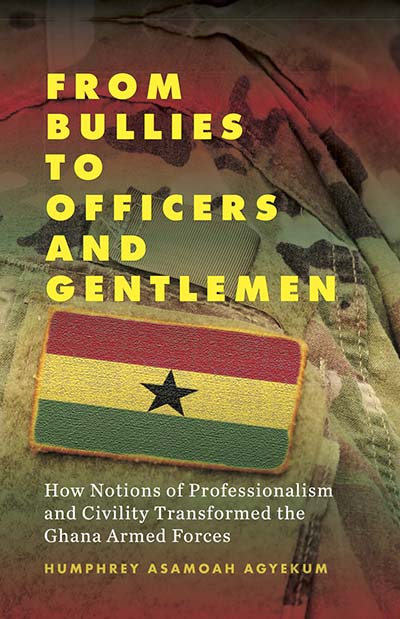 Published July 2019
Published July 2019 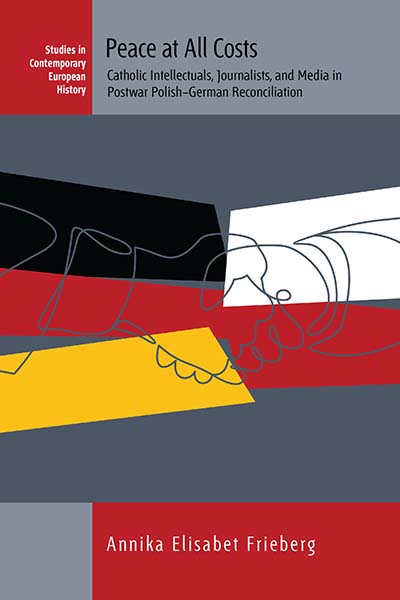 Published July 2019
Published July 2019 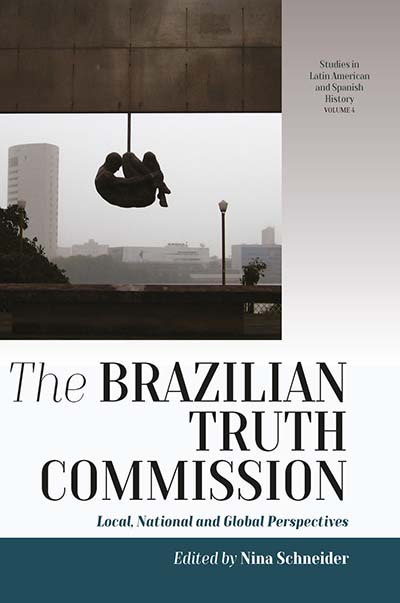 Published May 2019
Published May 2019 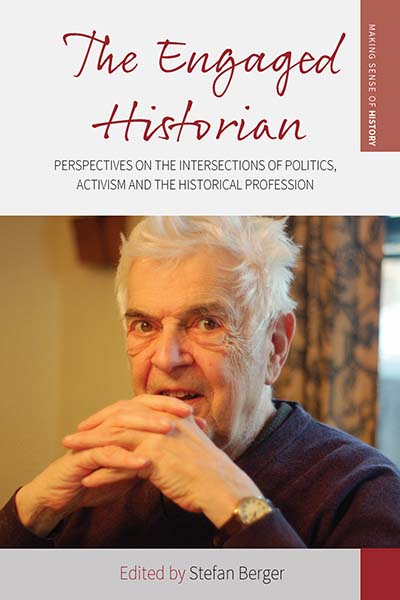 Published April 2019
Published April 2019 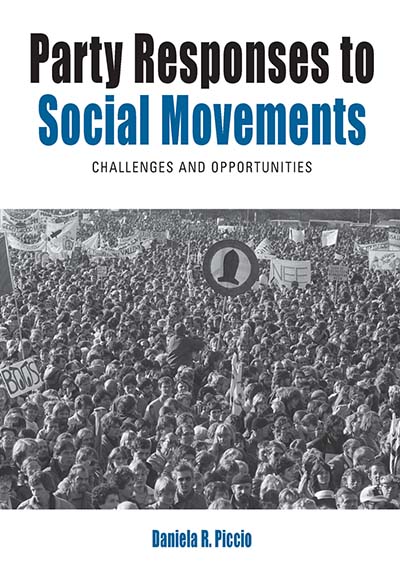 Published March 2019
Published March 2019 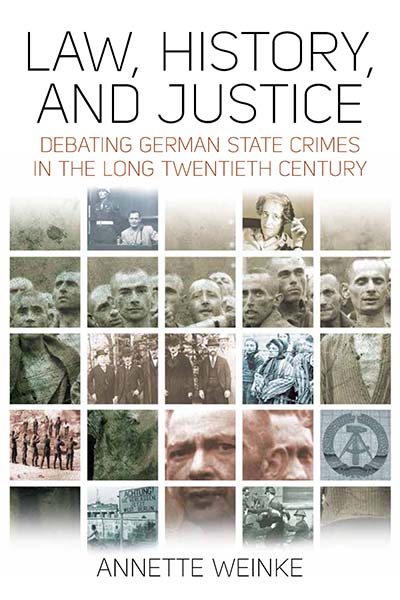 Published December 2018
Published December 2018 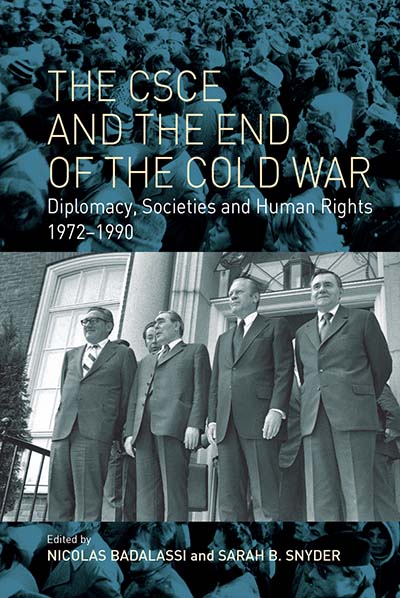 Published November 2018
Published November 2018 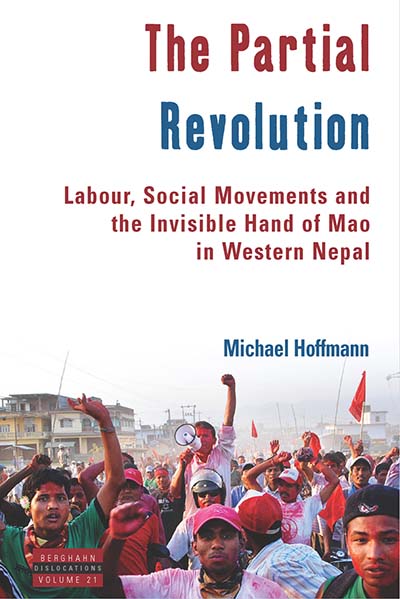 Published January 2018
Published January 2018 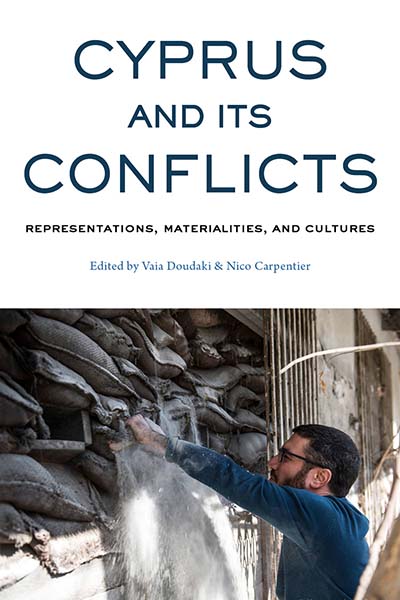 Published November 2017
Published November 2017  Published November 2017
Published November 2017 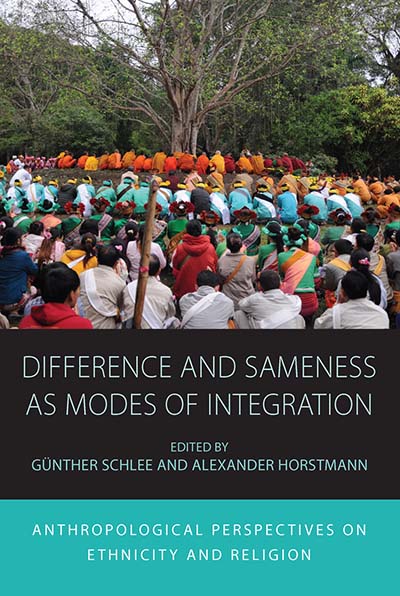 Published November 2017
Published November 2017 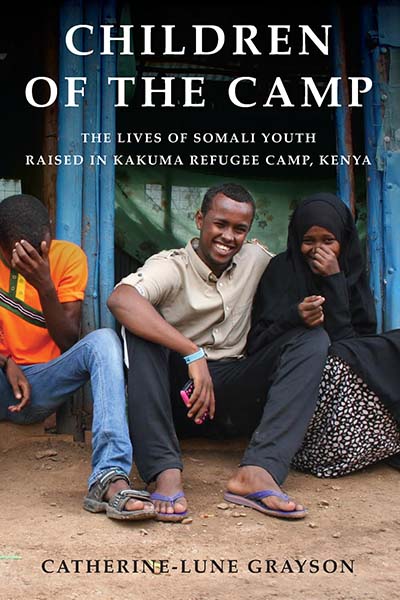 Published October 2017
Published October 2017 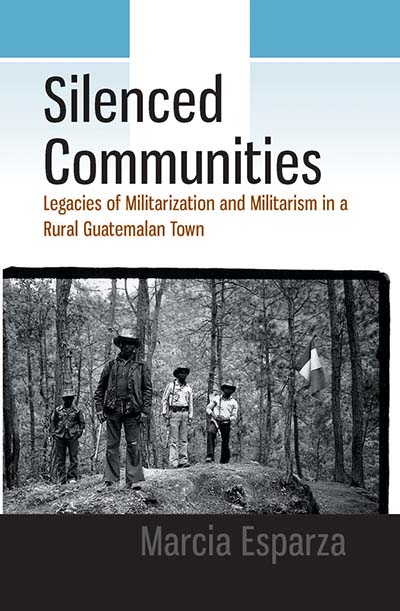 Published October 2017
Published October 2017 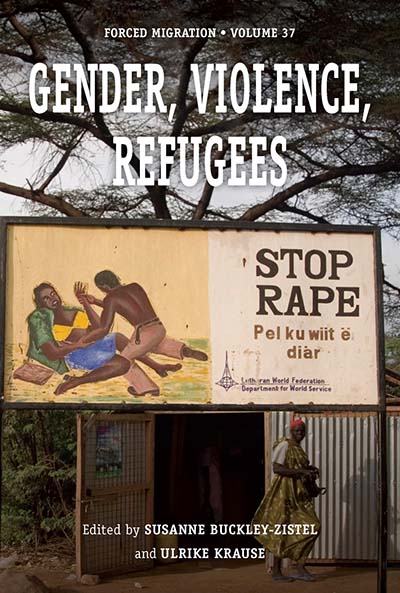 Published August 2017
Published August 2017 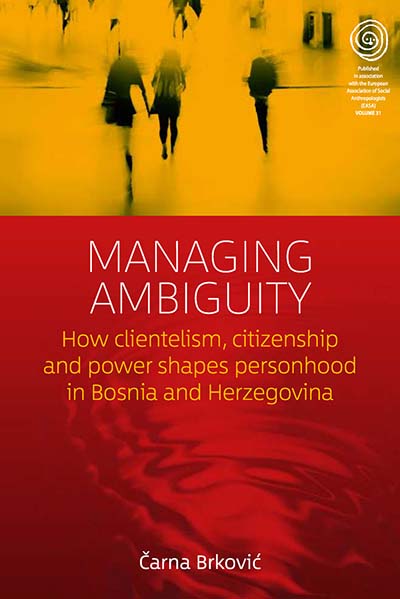 Published July 2017
Published July 2017 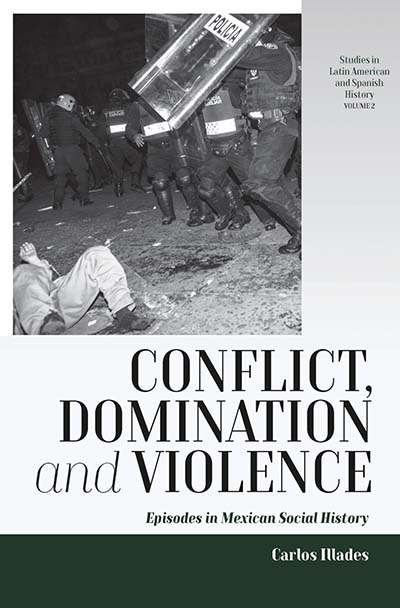 Published May 2017
Published May 2017 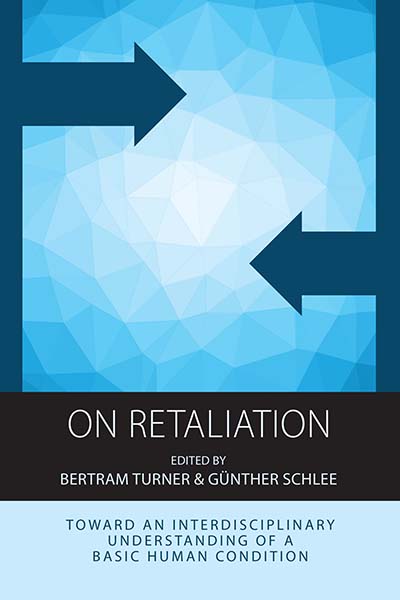 Published April 2017
Published April 2017 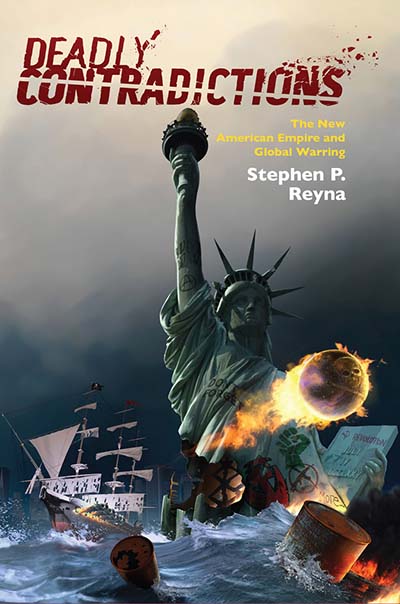 Published August 2016
Published August 2016 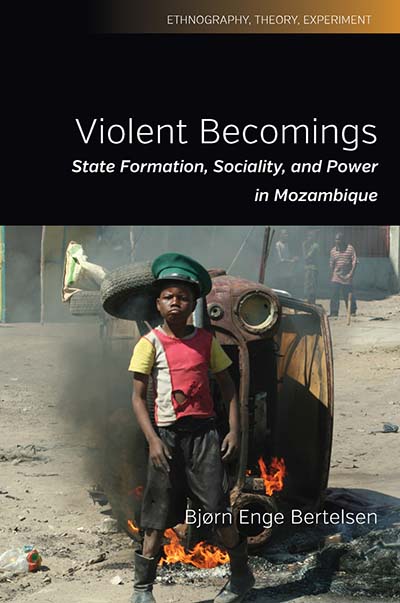 Published August 2016
Published August 2016 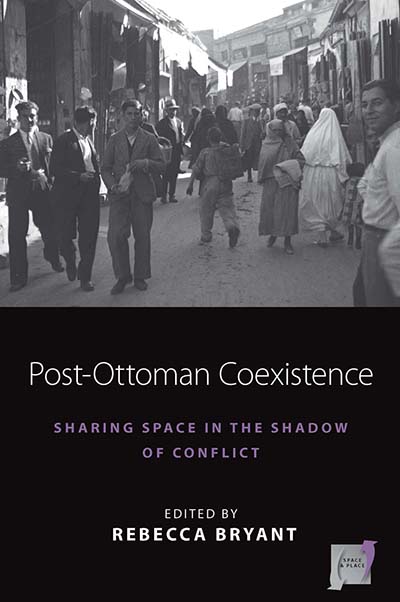 Published March 2016
Published March 2016 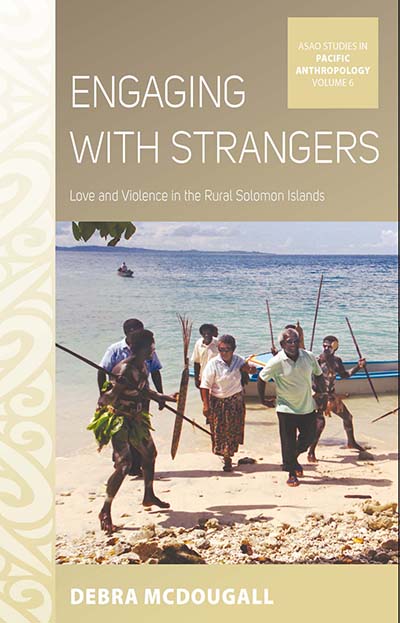 Published January 2016
Published January 2016 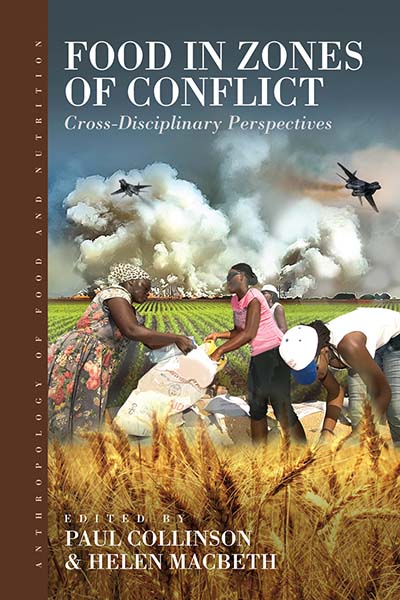 Published September 2014
Published September 2014 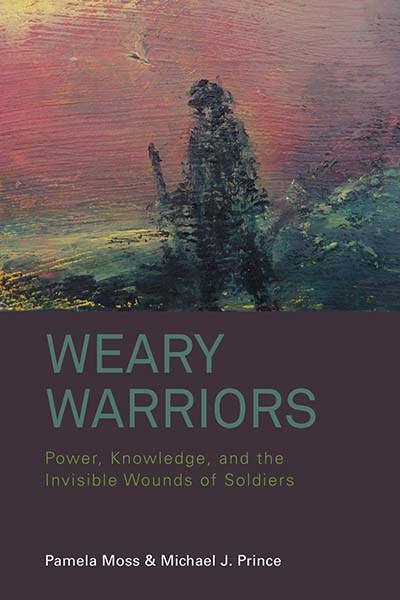 Published June 2014
Published June 2014 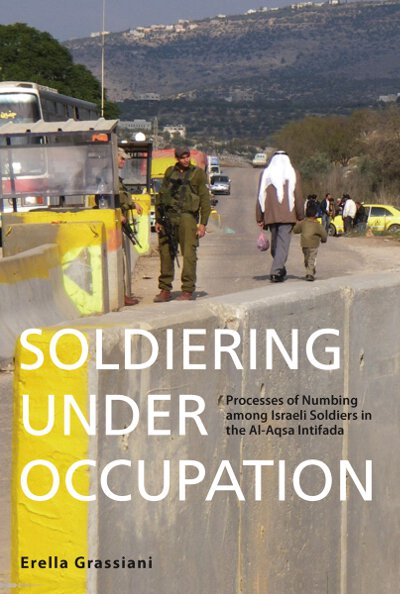 Published July 2013
Published July 2013 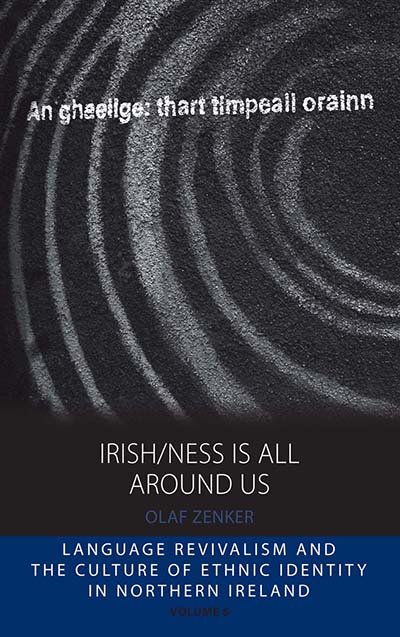 Published April 2013
Published April 2013 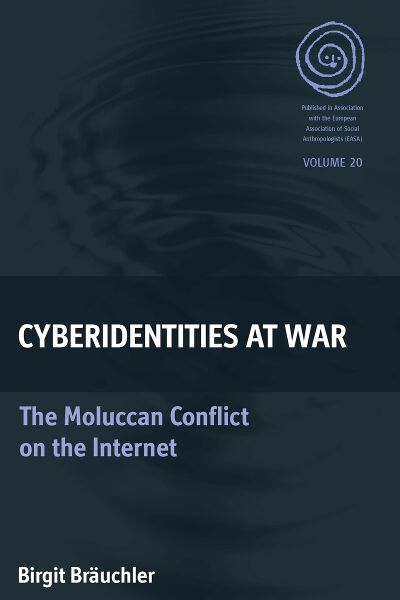 Published March 2013
Published March 2013 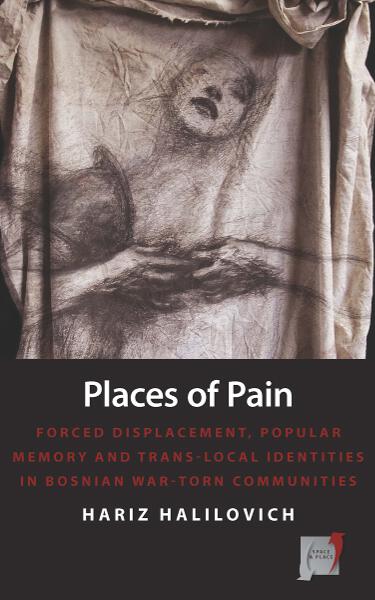 Published February 2013
Published February 2013 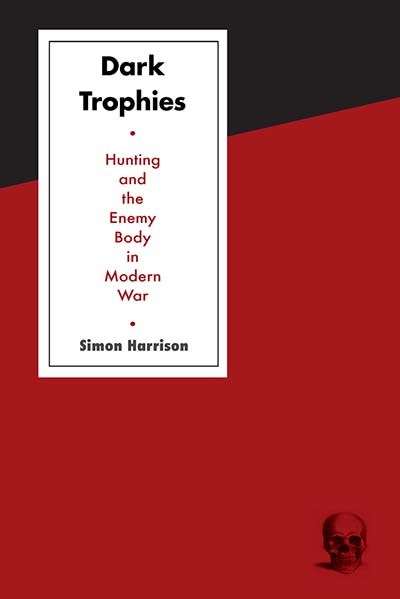 Published June 2012
Published June 2012 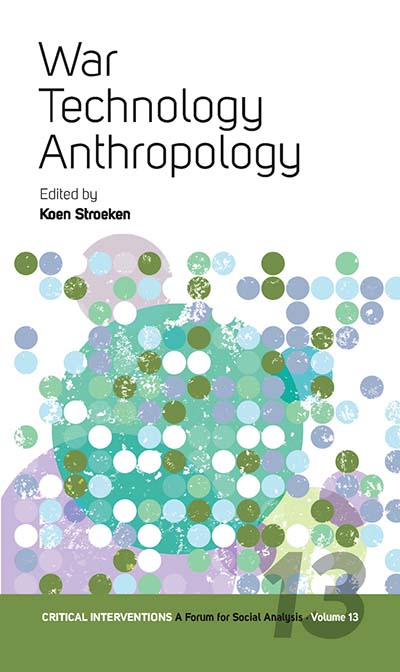 Published December 2011
Published December 2011 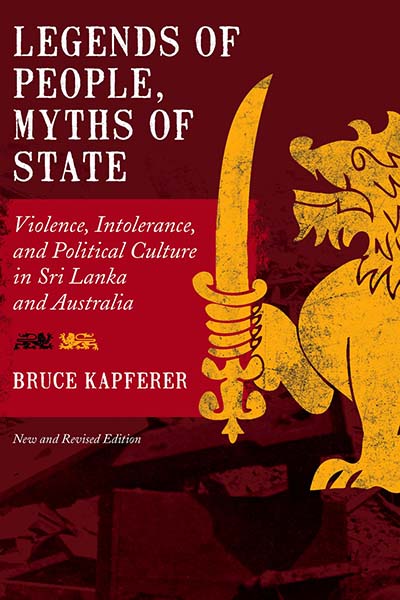 Published December 2011
Published December 2011 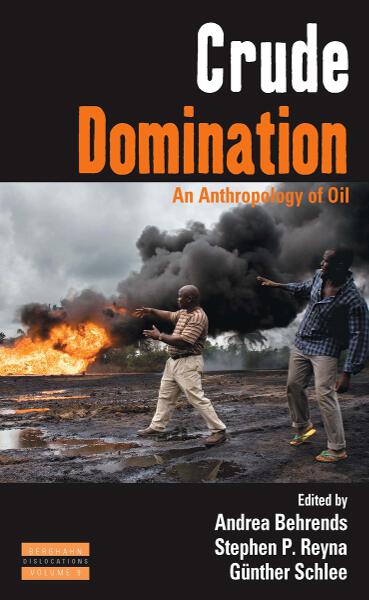 Published October 2011
Published October 2011 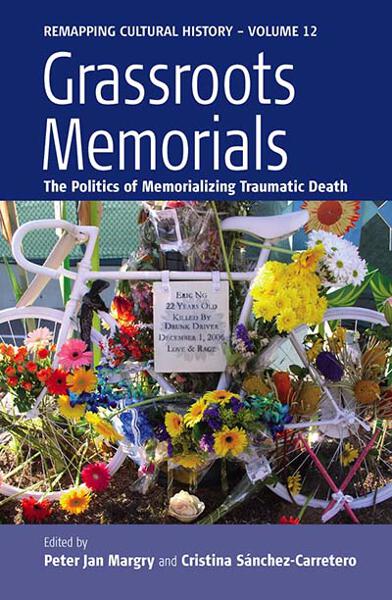 Published August 2011
Published August 2011 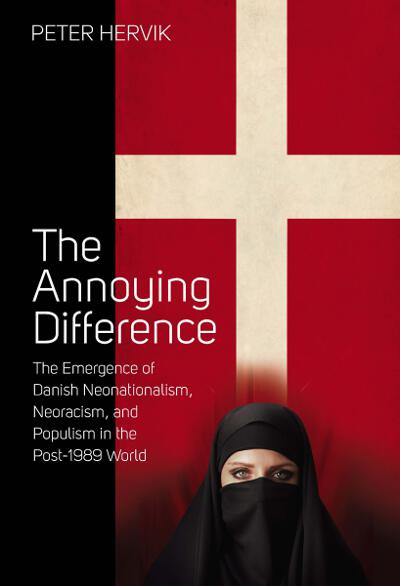 Published July 2011
Published July 2011 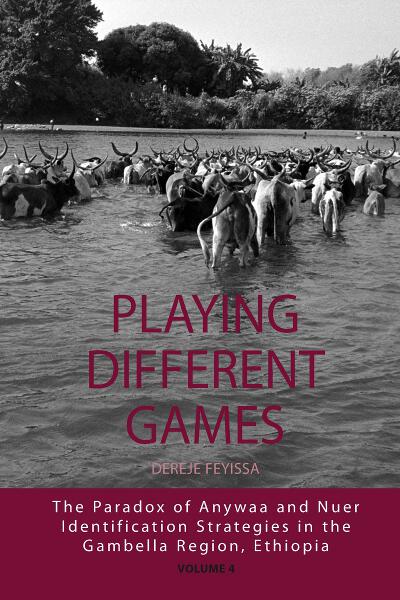 Published July 2011
Published July 2011 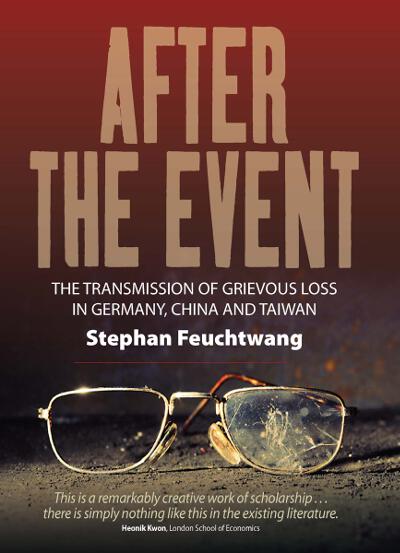 Published April 2011
Published April 2011 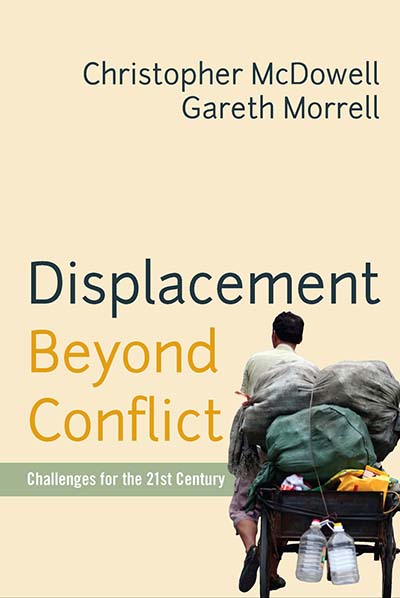 Published December 2010
Published December 2010 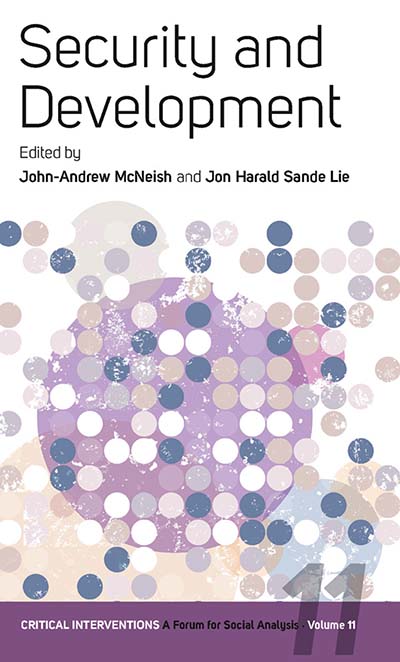 Published November 2010
Published November 2010 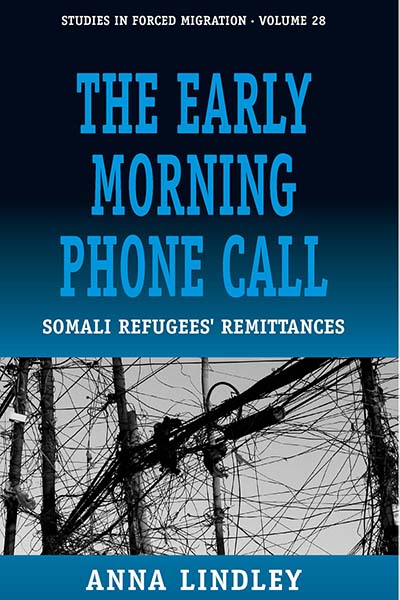 Published August 2010
Published August 2010 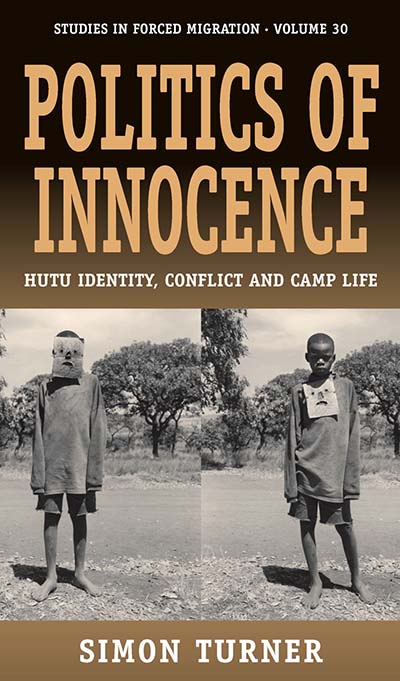 Published July 2010
Published July 2010 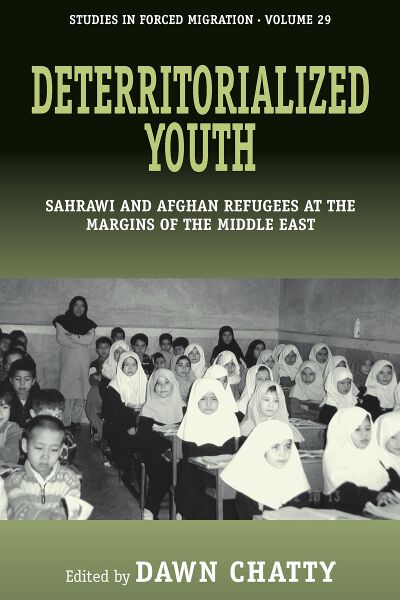 Published April 2010
Published April 2010 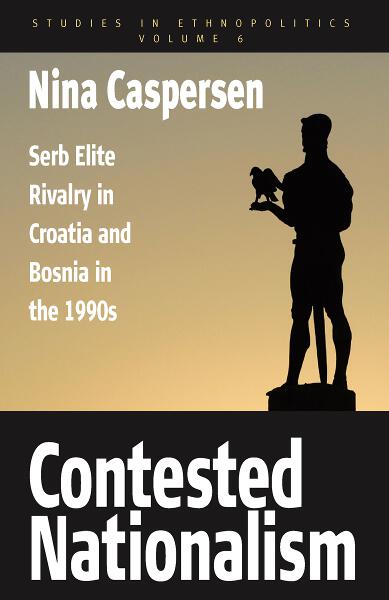 Published January 2010
Published January 2010 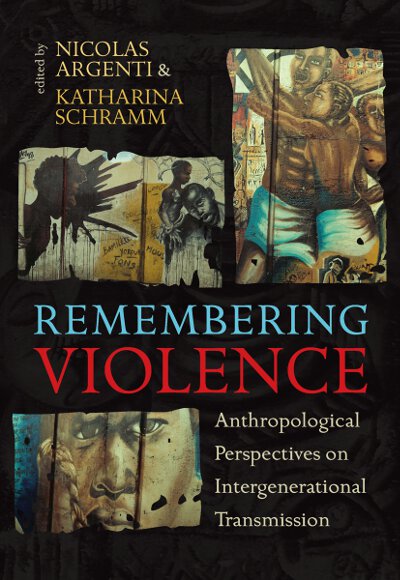 Published December 2009
Published December 2009 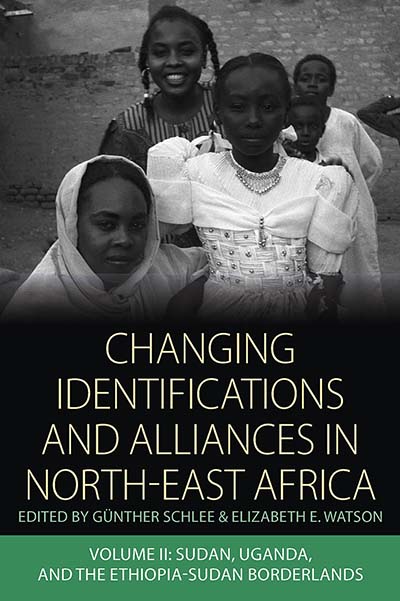 Published November 2009
Published November 2009 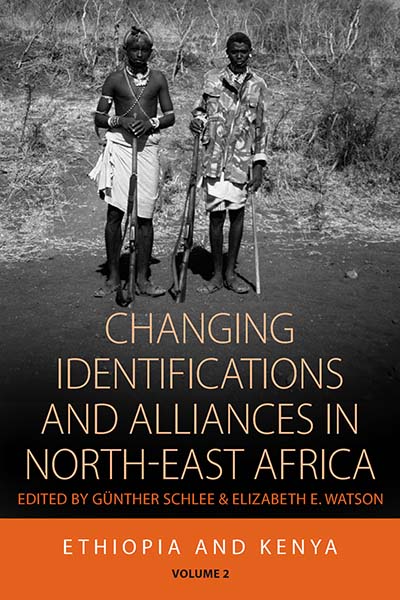 Published October 2009
Published October 2009 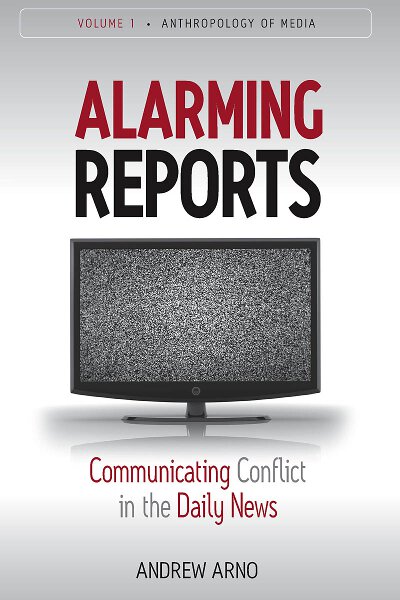 Published May 2009
Published May 2009 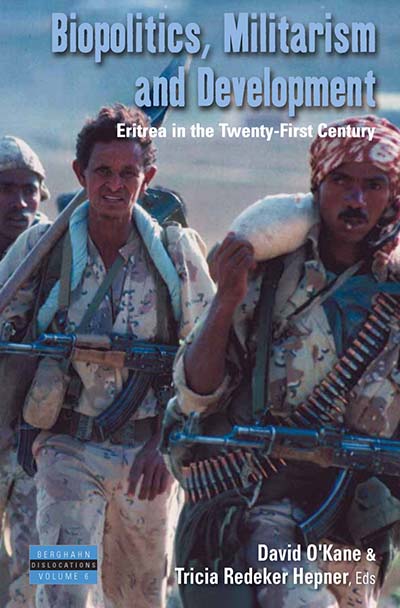 Published March 2009
Published March 2009 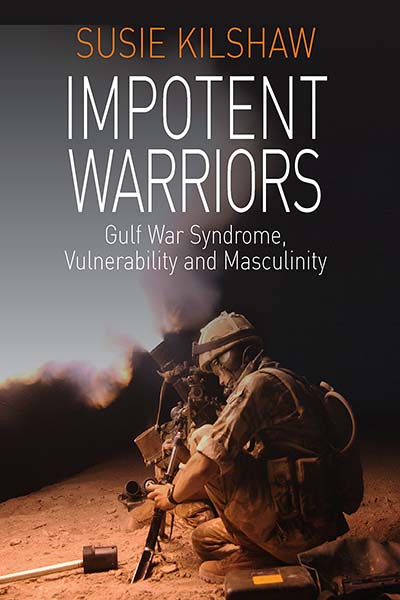 Published December 2008
Published December 2008 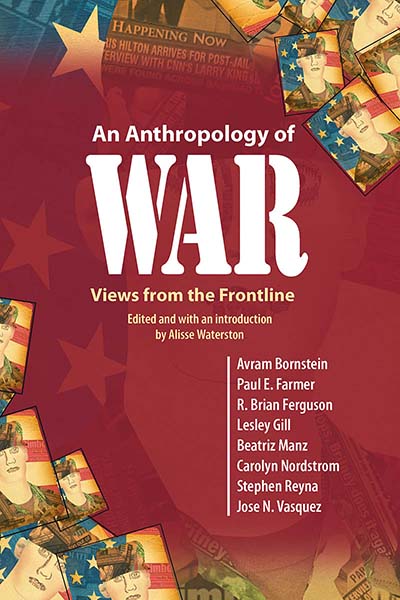 Published October 2008
Published October 2008 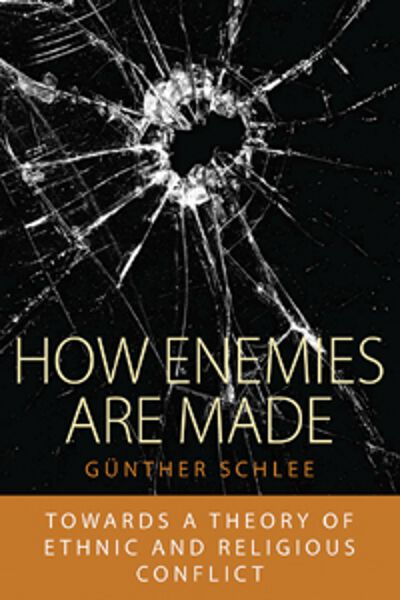 Published September 2008
Published September 2008 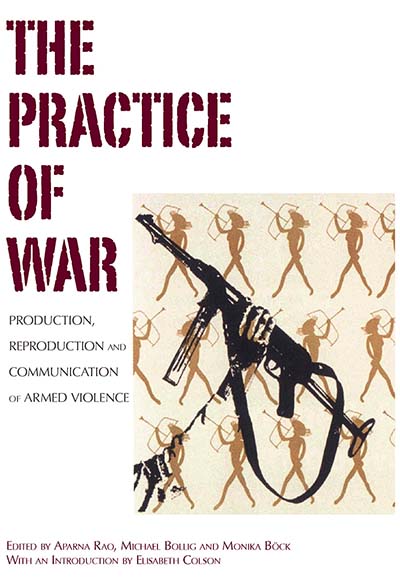 Published March 2008
Published March 2008 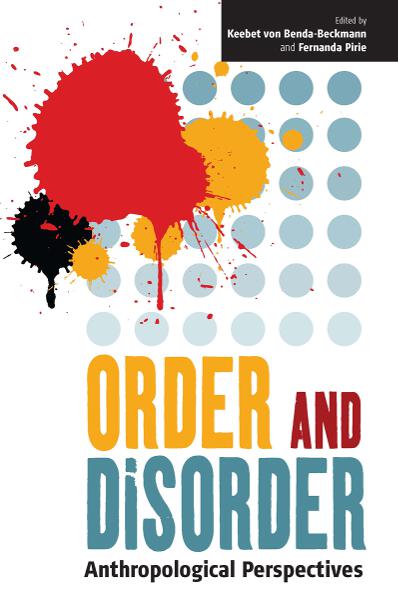 Published February 2008
Published February 2008 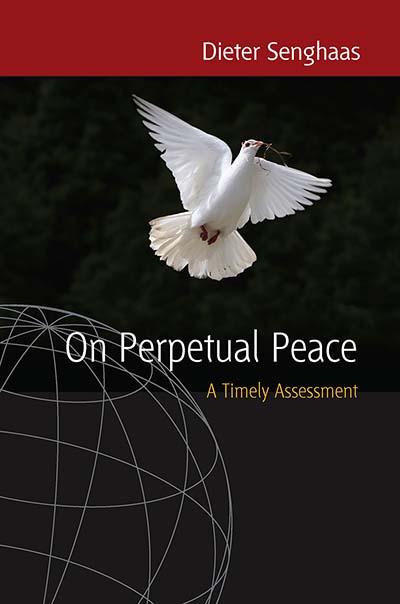 Published October 2007
Published October 2007 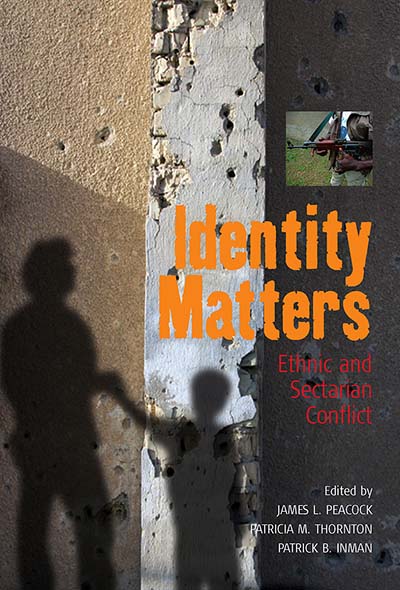 Published May 2007
Published May 2007 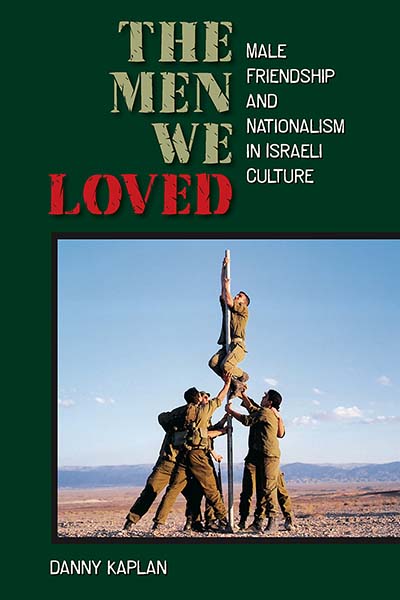 Published November 2006
Published November 2006 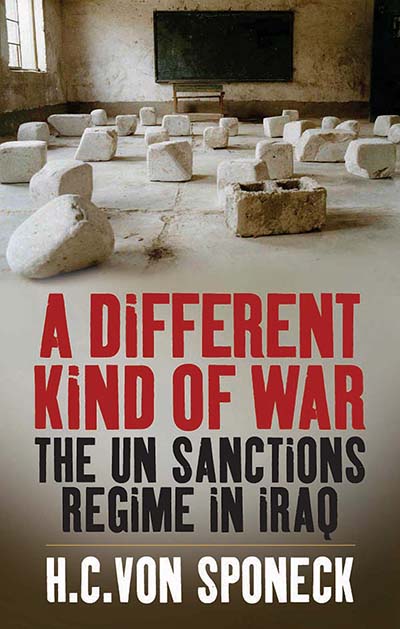 Published October 2006
Published October 2006 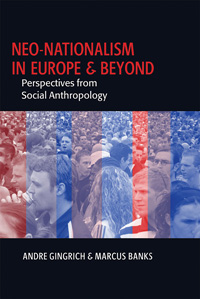 Published August 2006
Published August 2006 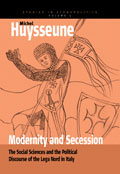 Published August 2006
Published August 2006 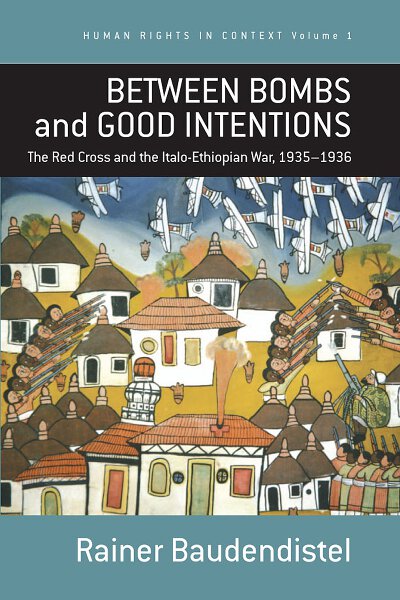 Published May 2006
Published May 2006 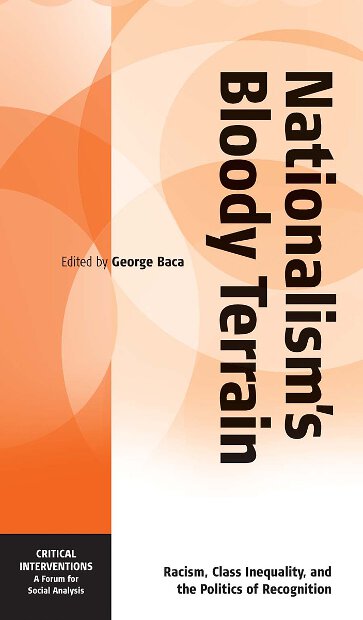 Published May 2006
Published May 2006 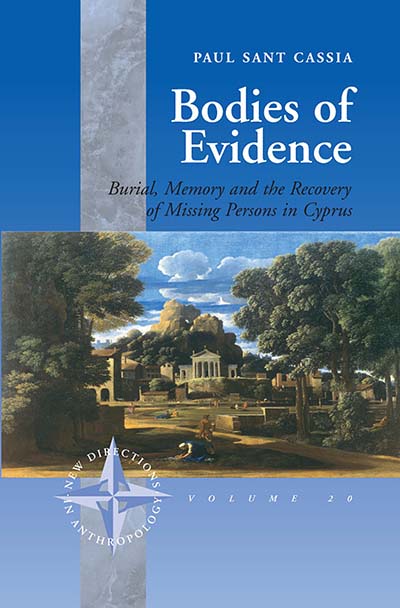 Published May 2005
Published May 2005 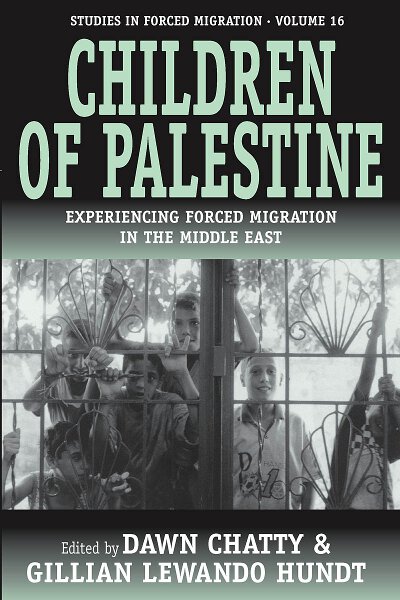 Published March 2005
Published March 2005 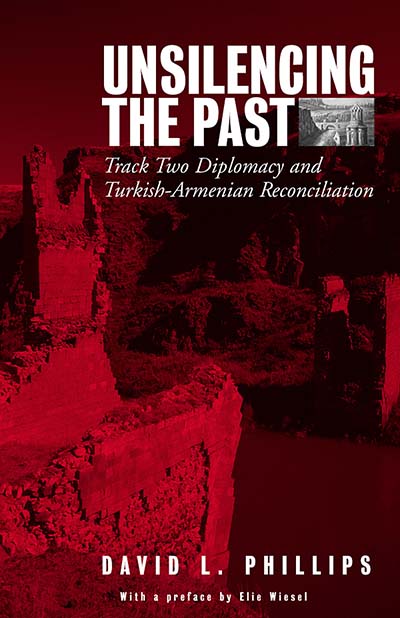 Published February 2005
Published February 2005 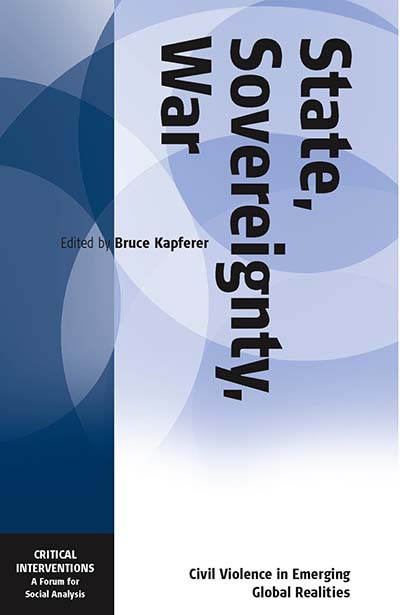 Published October 2004
Published October 2004 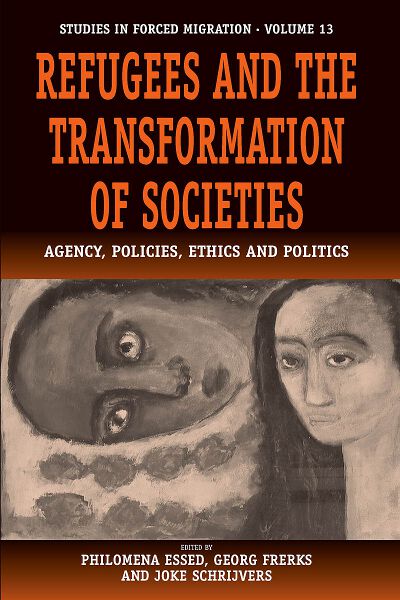 Published June 2004
Published June 2004 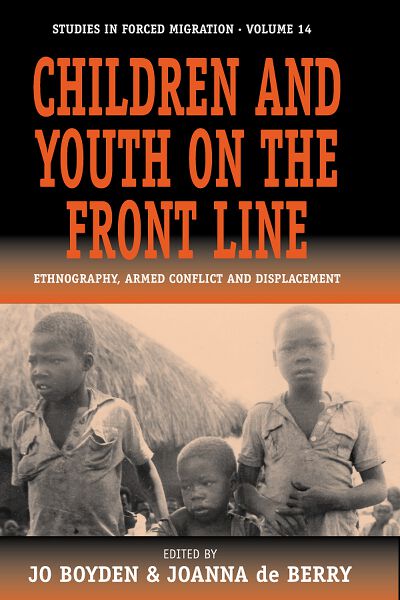 Published June 2004
Published June 2004 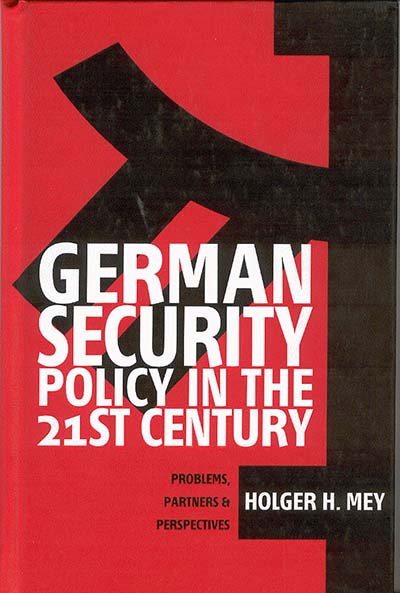 Published March 2004
Published March 2004 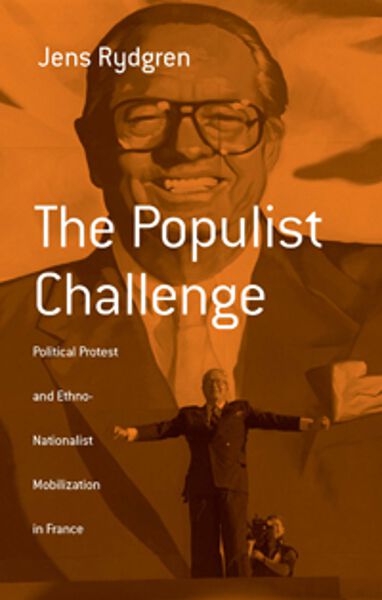 Published December 2003
Published December 2003 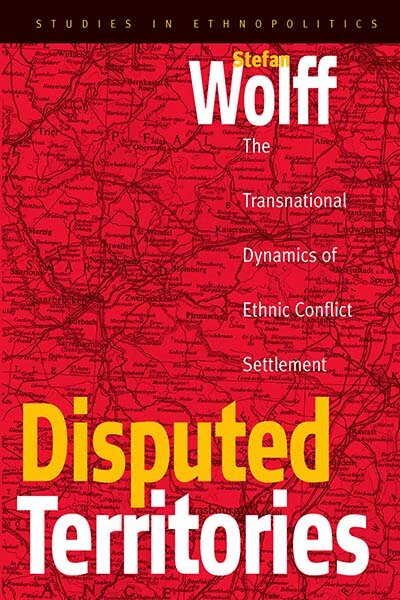 Published January 2003
Published January 2003 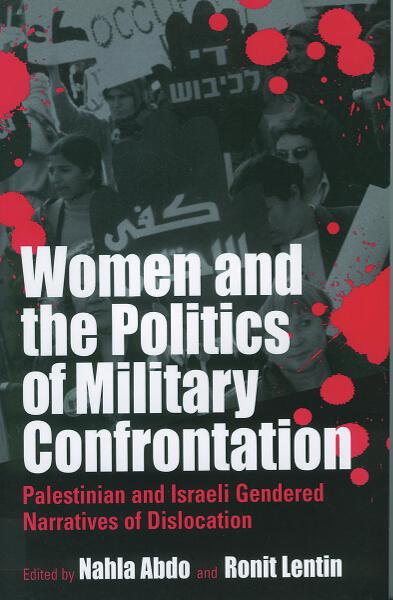 Published June 2002
Published June 2002 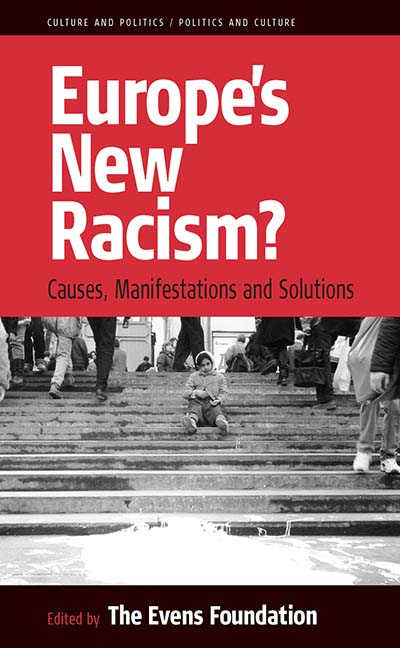 Published June 2002
Published June 2002  Published October 2001
Published October 2001 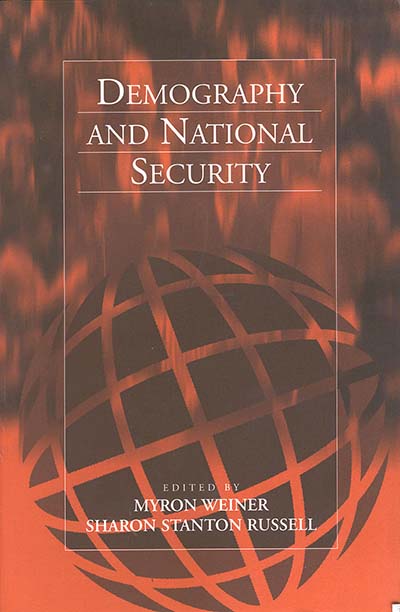 Published August 2001
Published August 2001 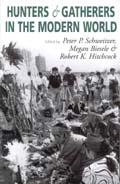 Published April 2000
Published April 2000 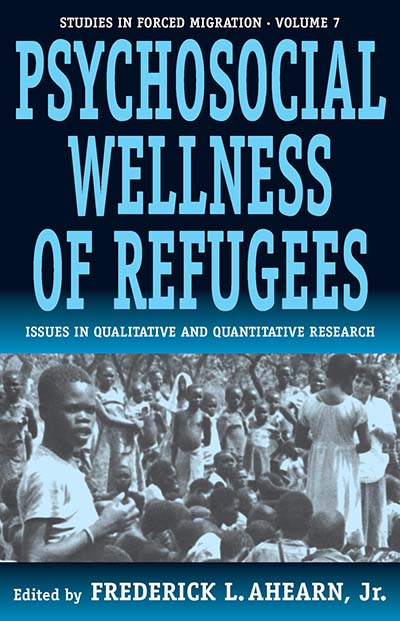 Published April 2000
Published April 2000 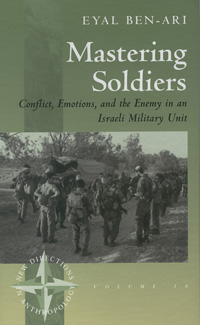 Published September 1998
Published September 1998 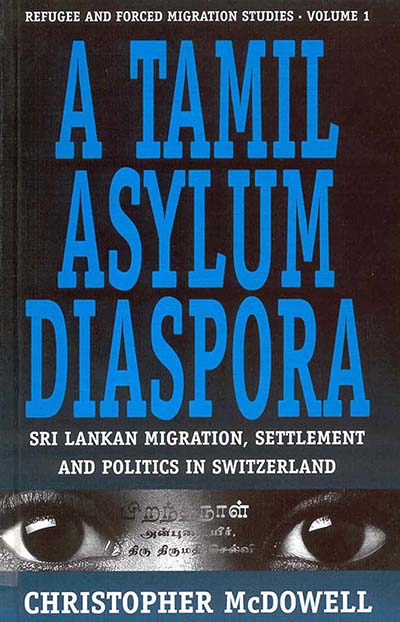 Published August 1996
Published August 1996 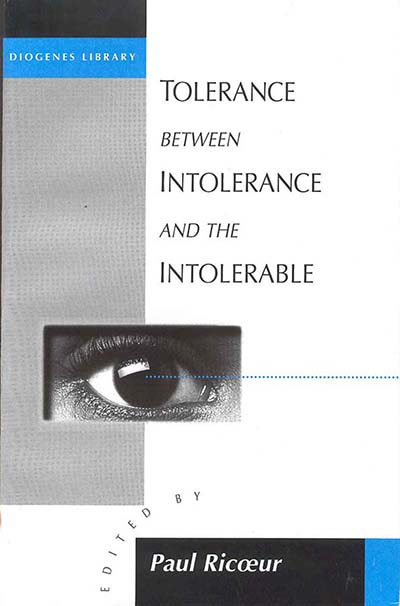 Published April 1996
Published April 1996